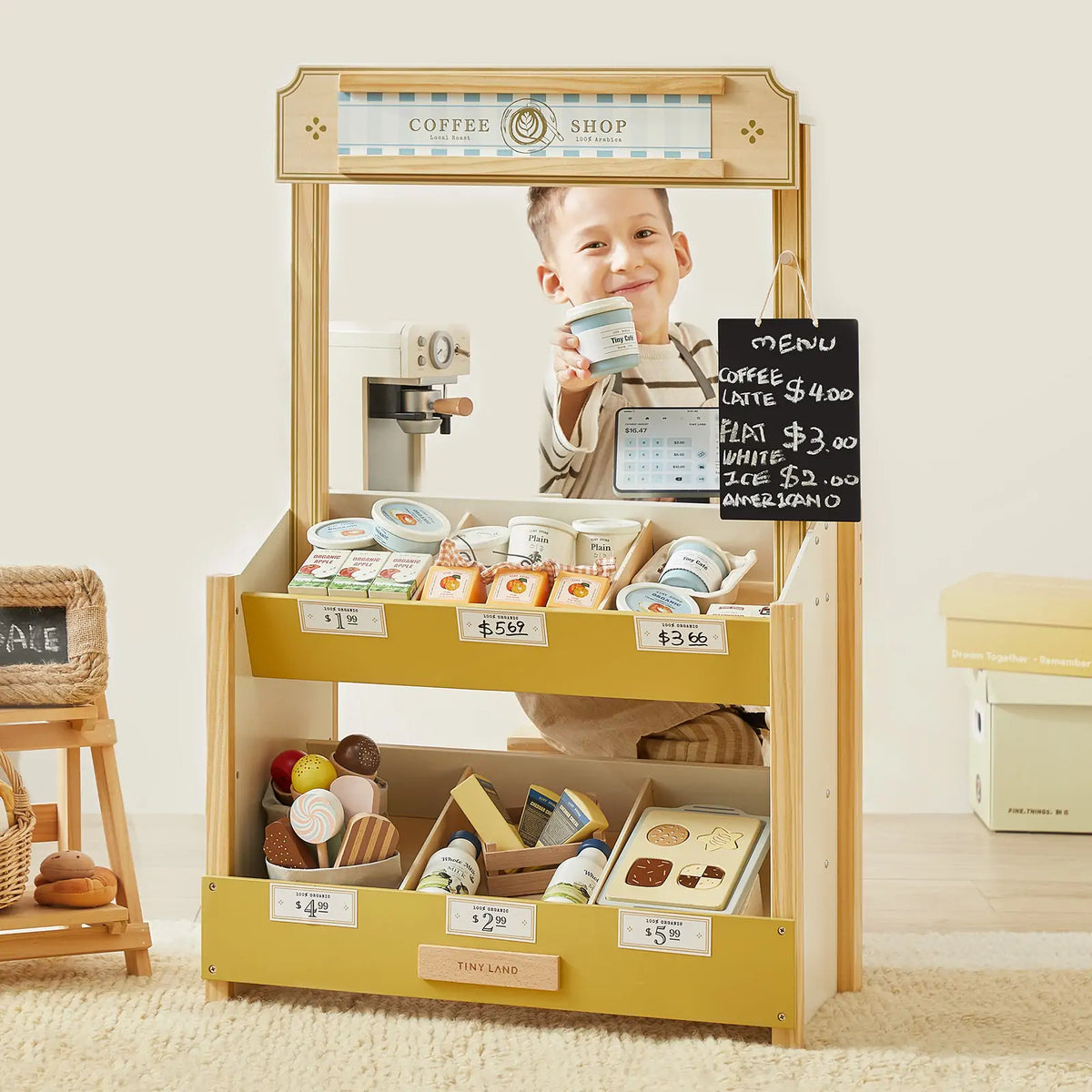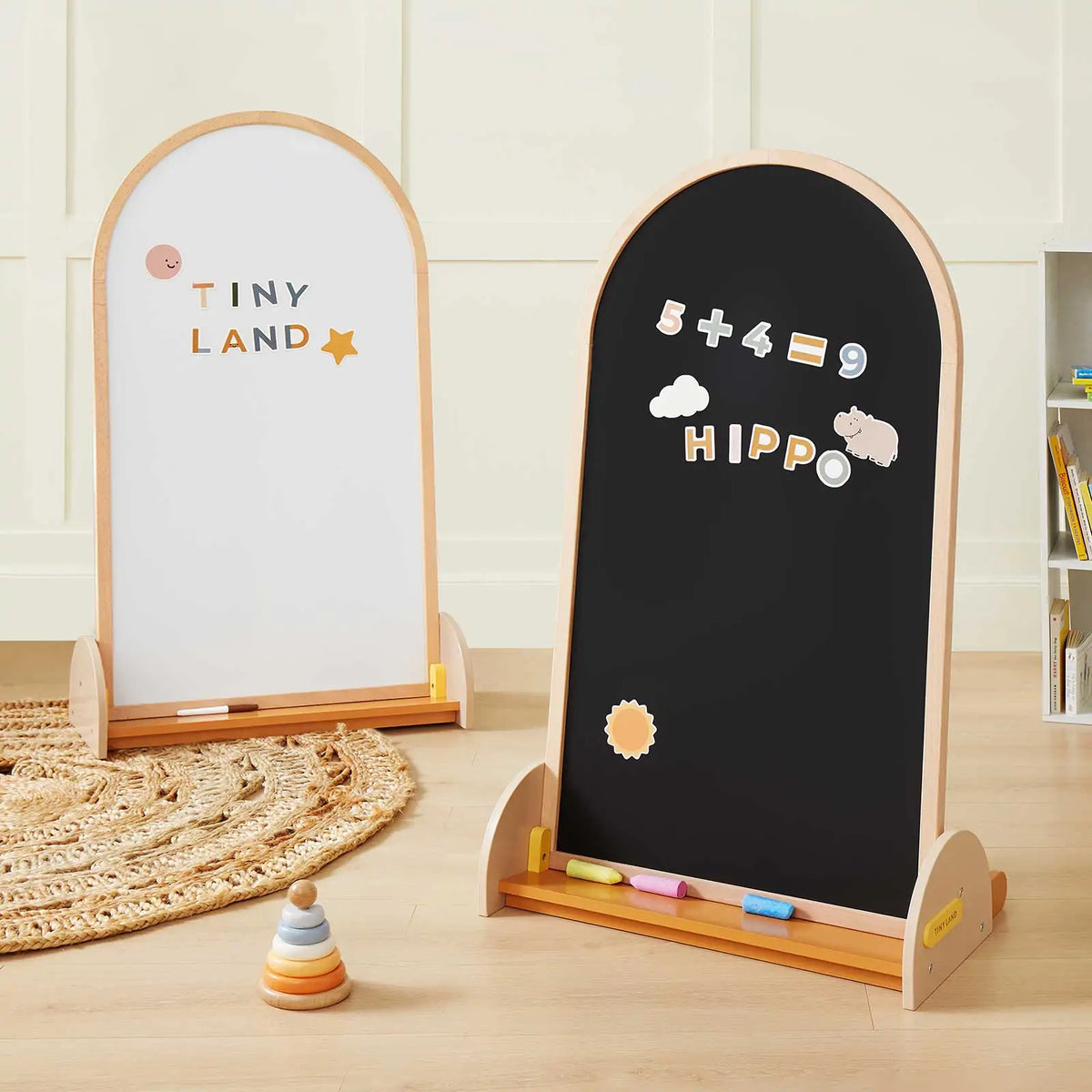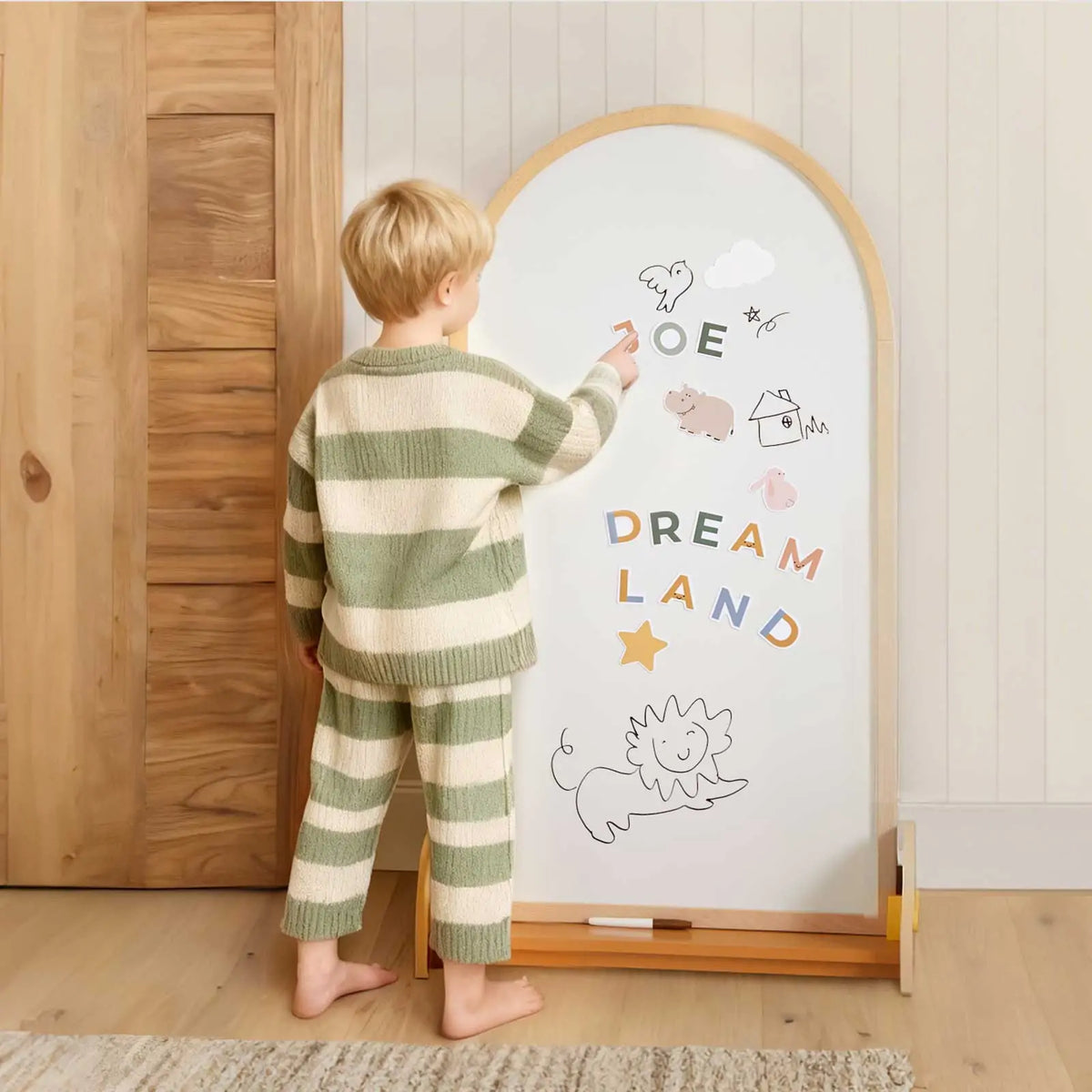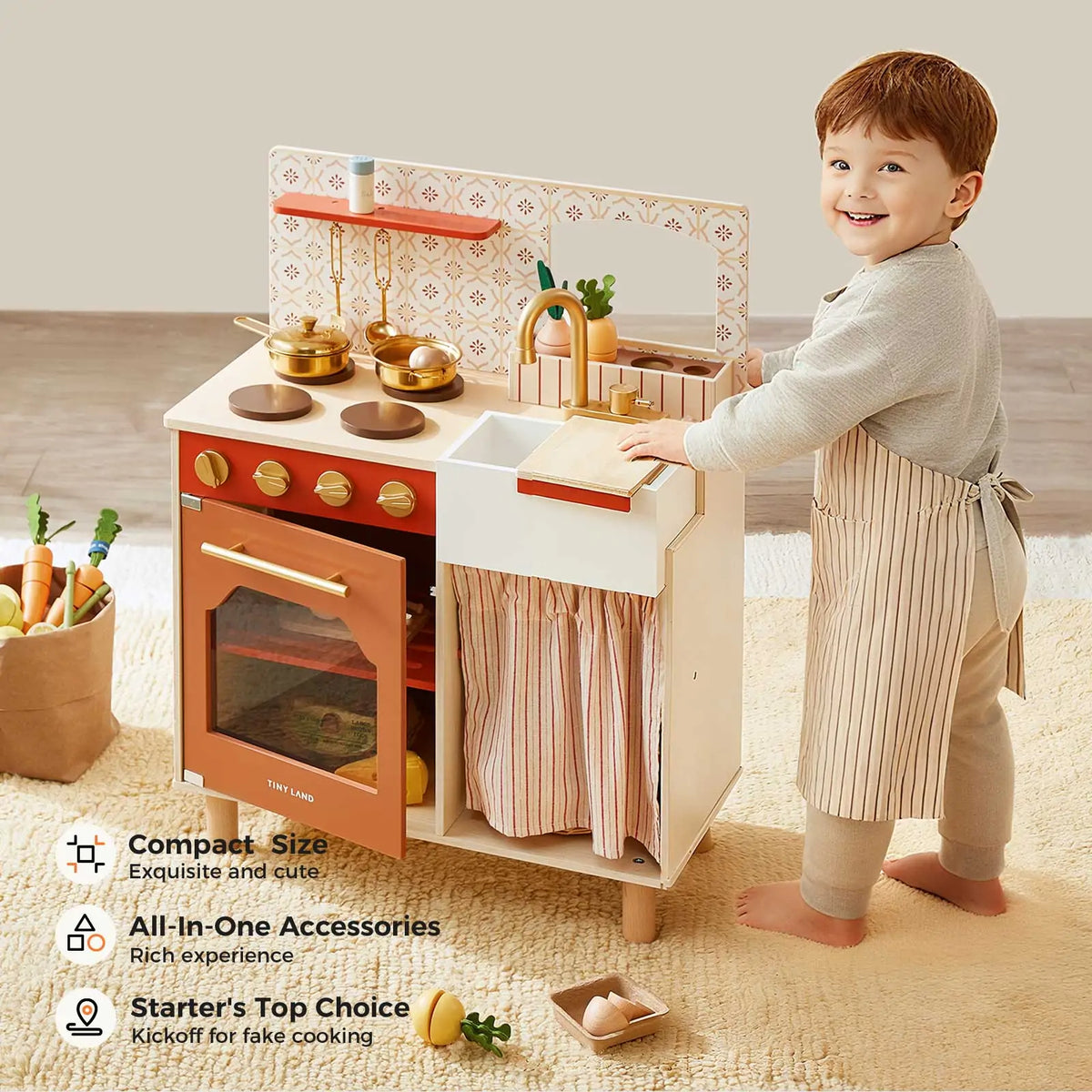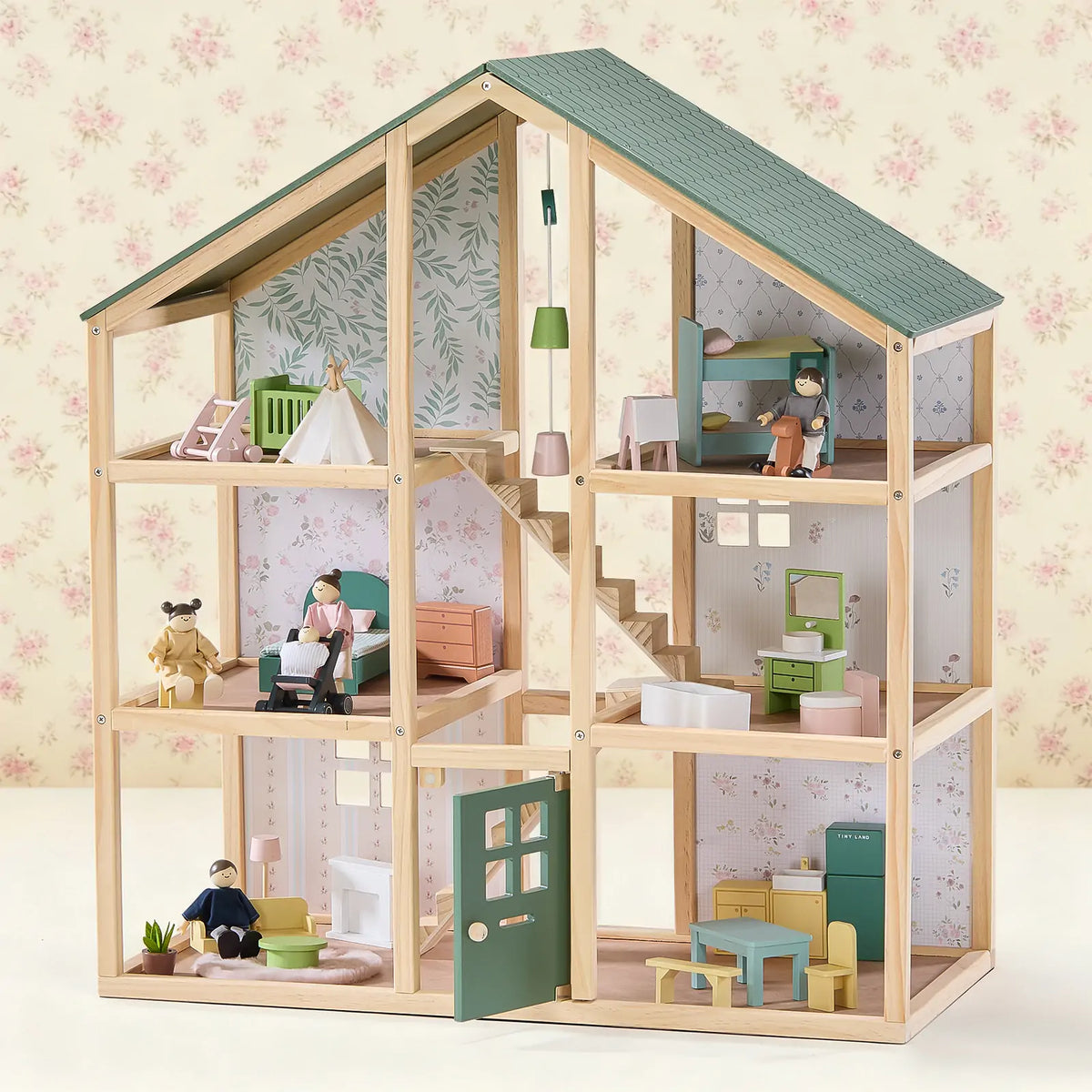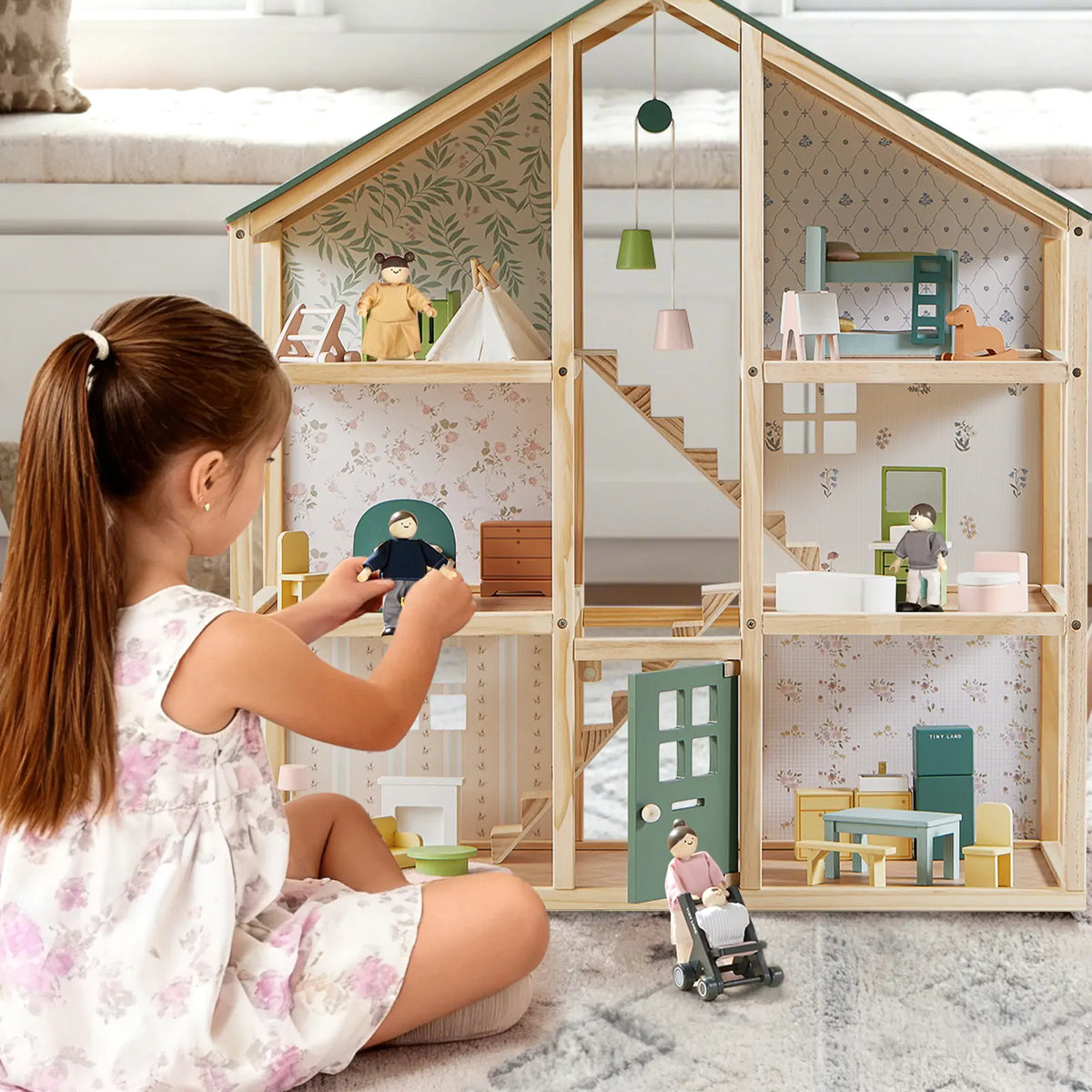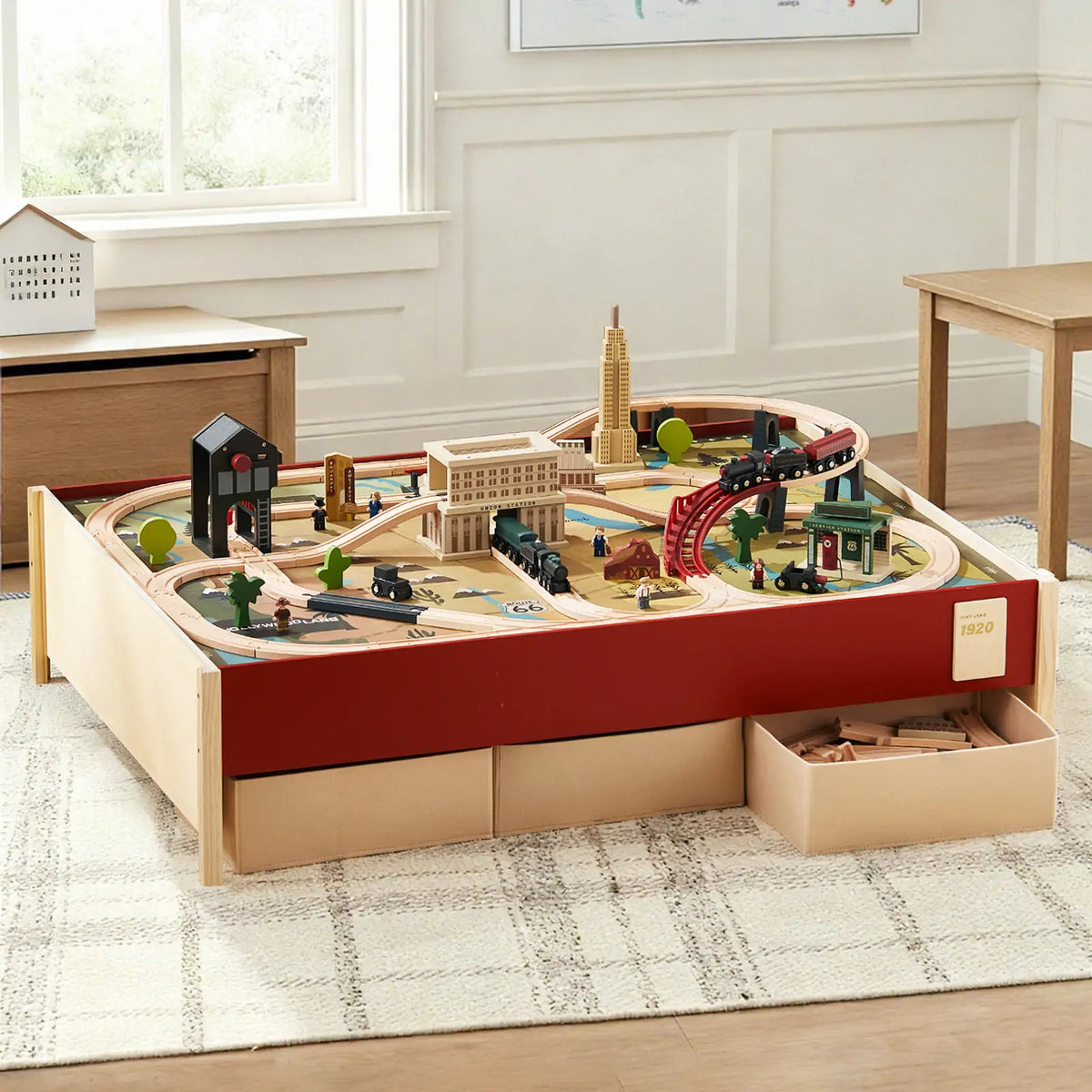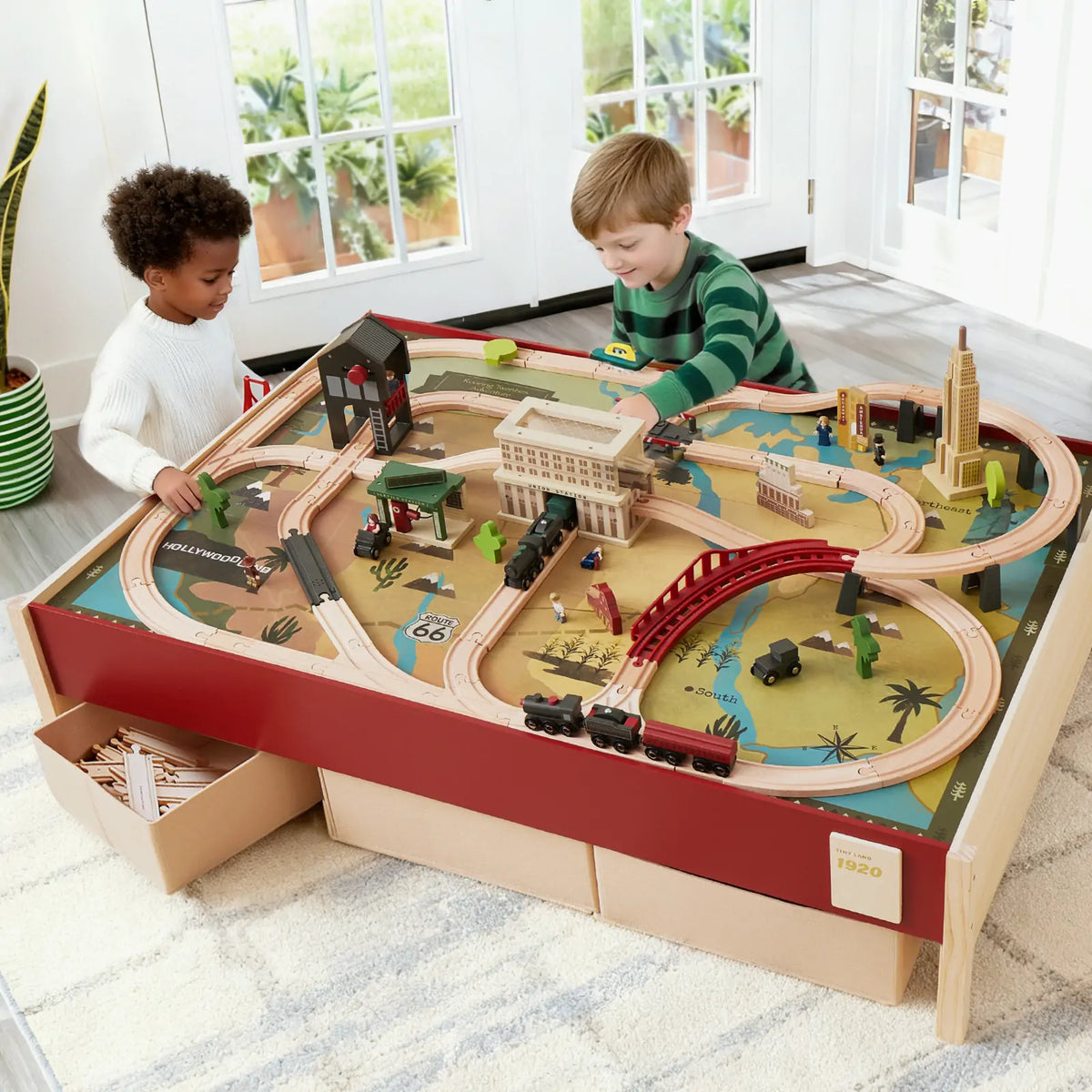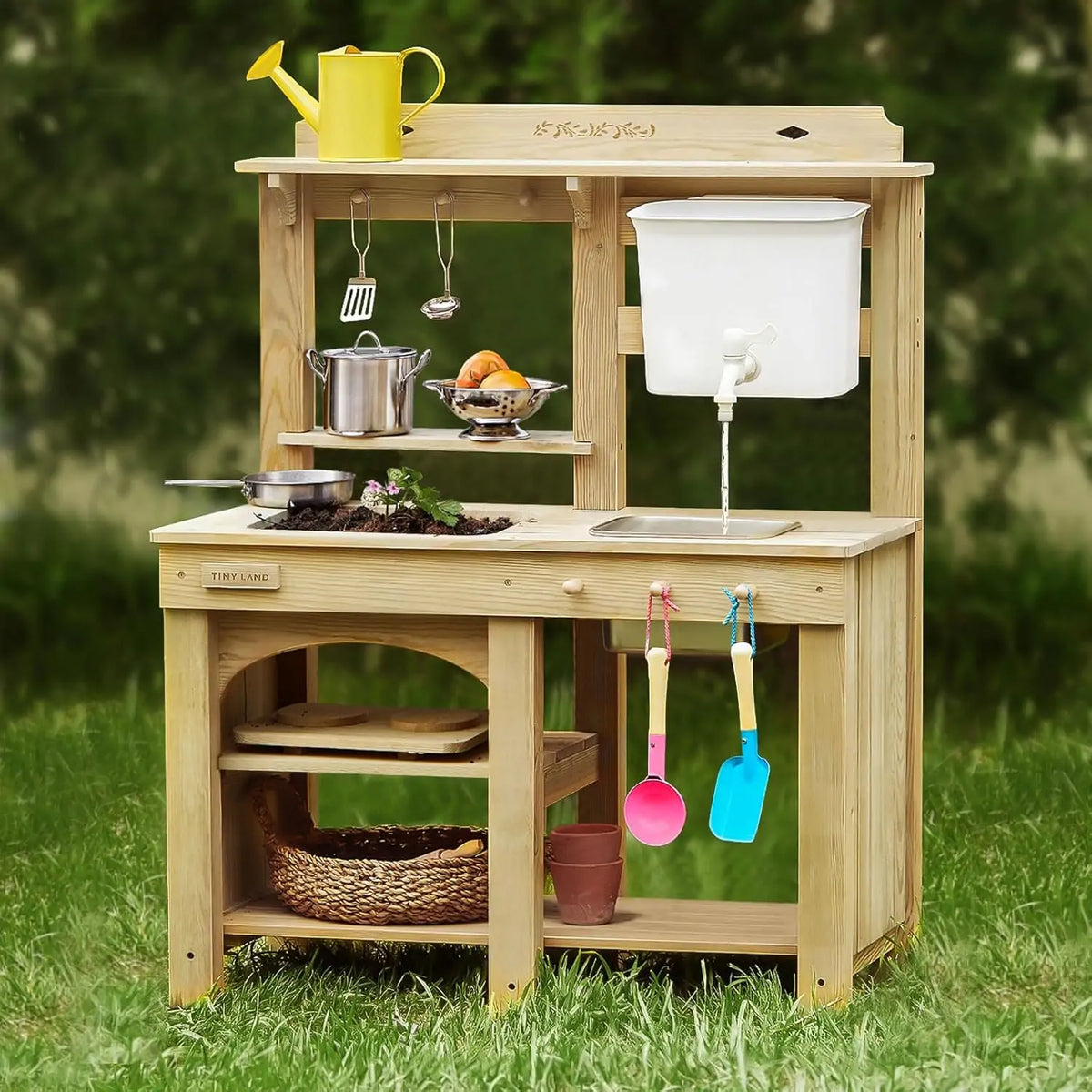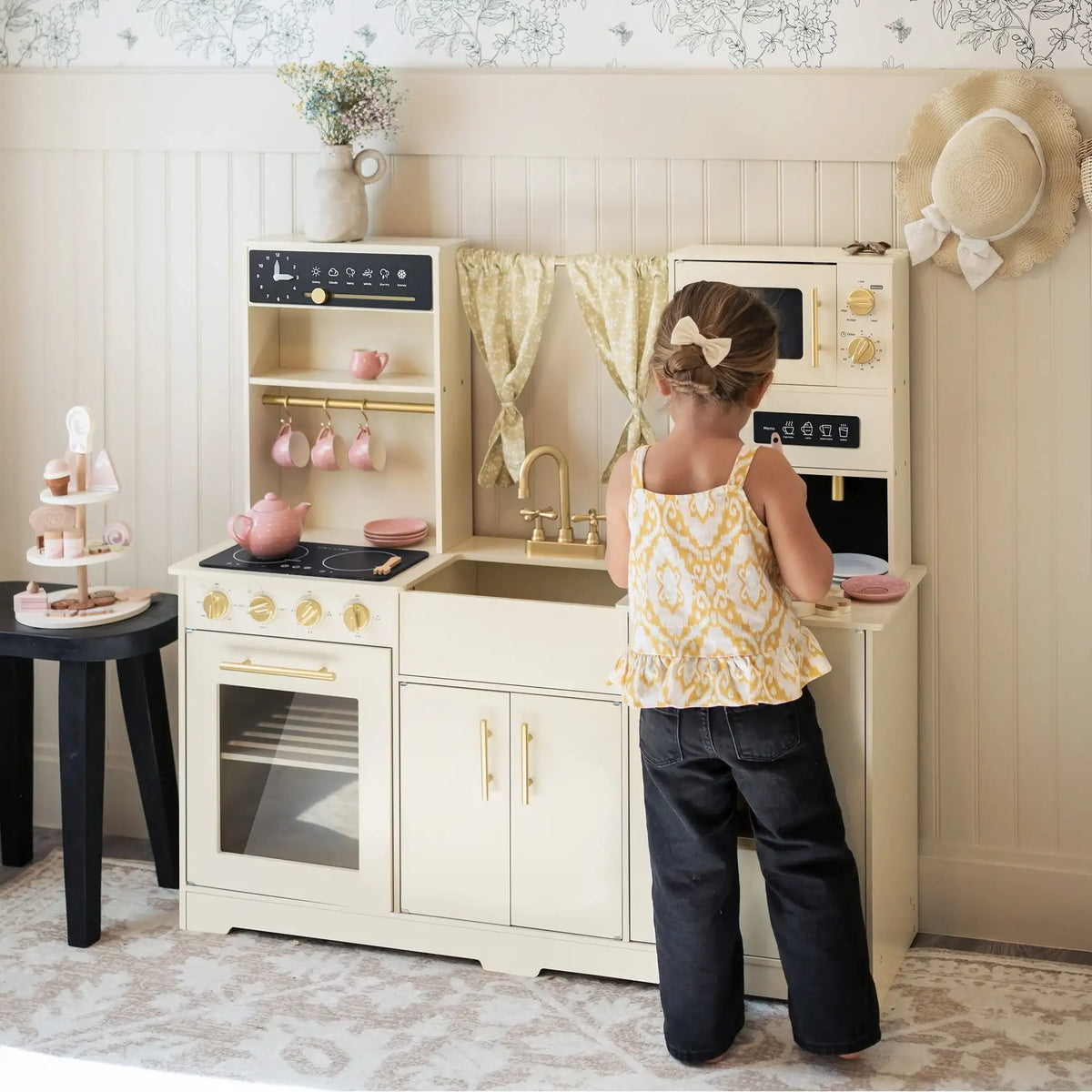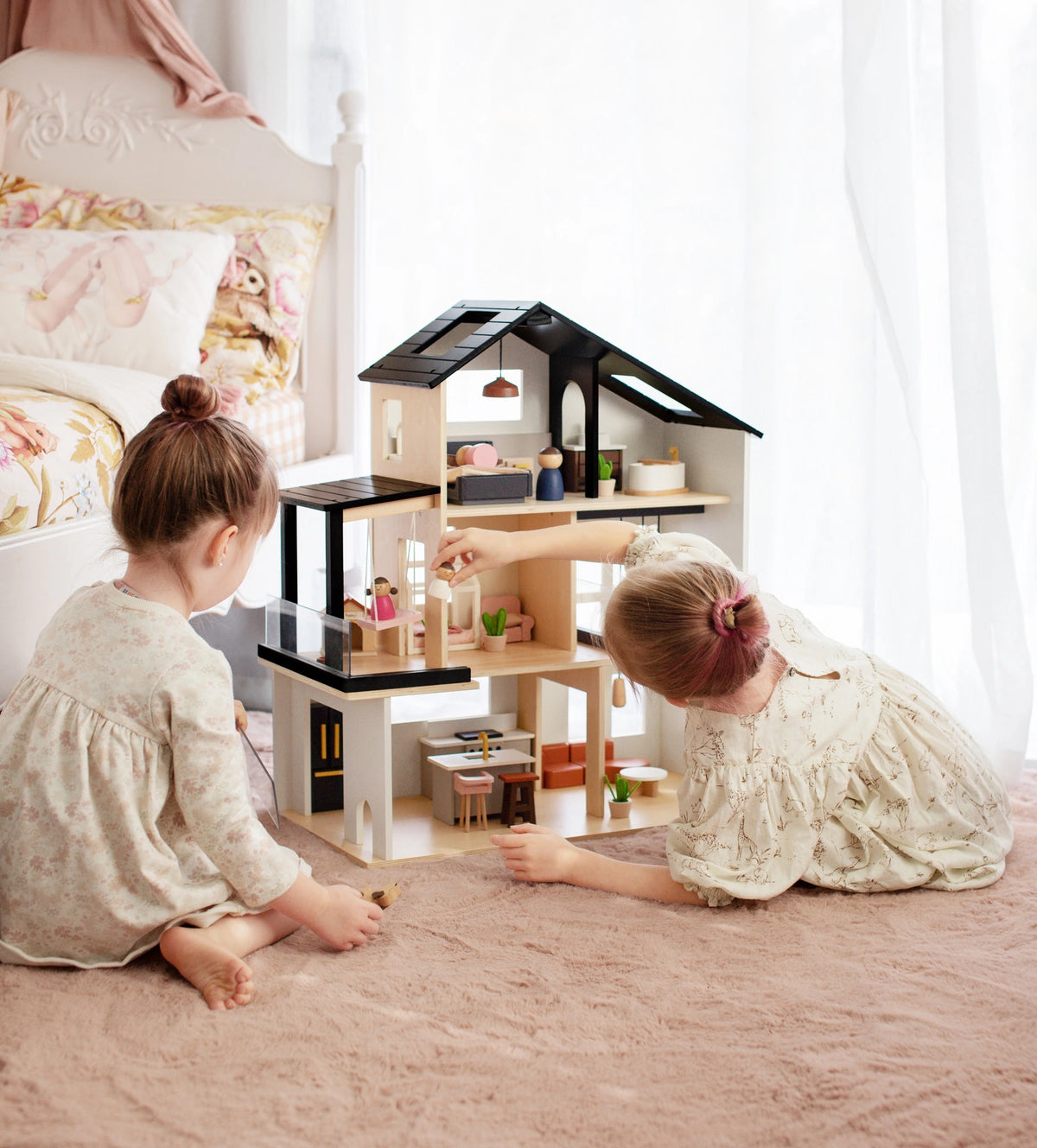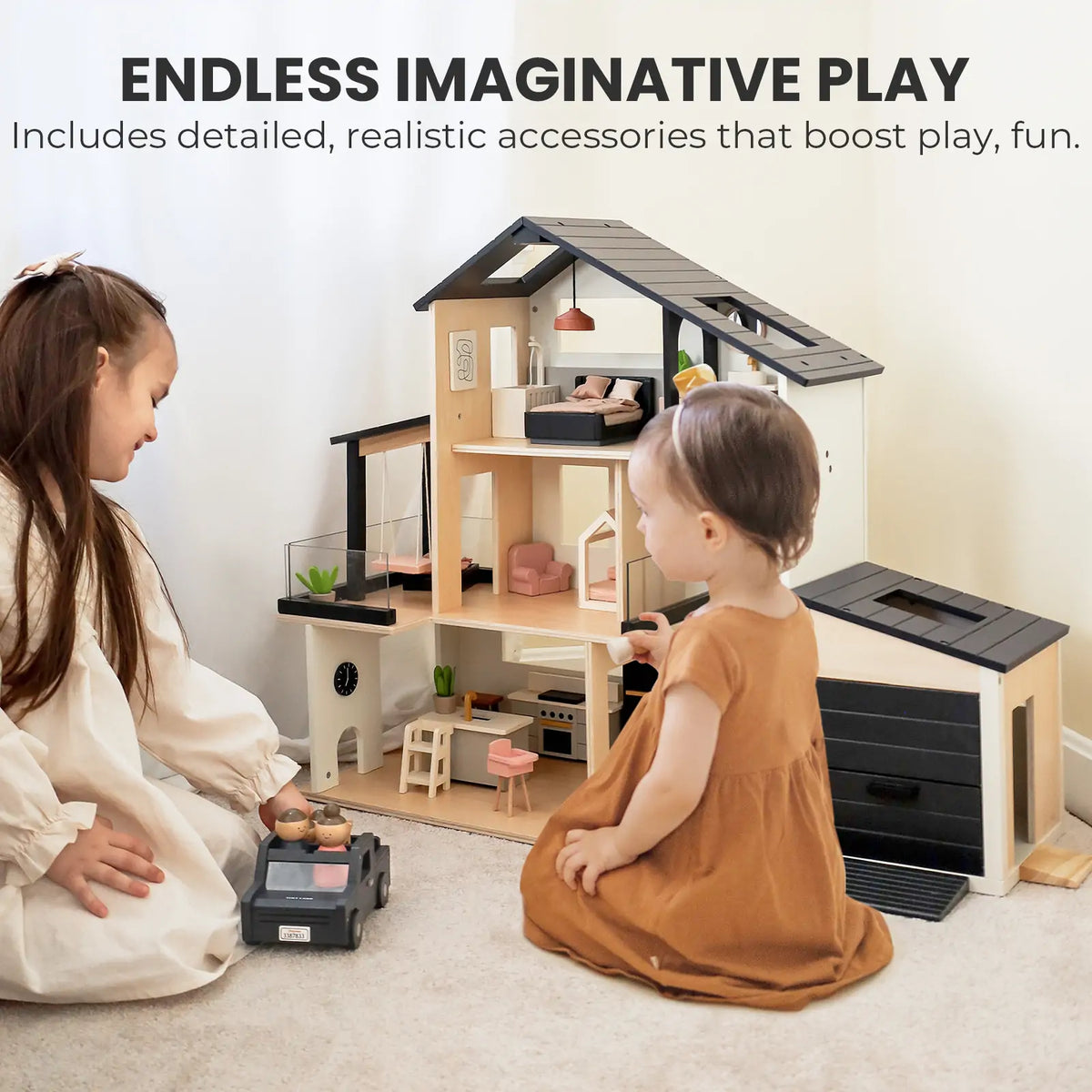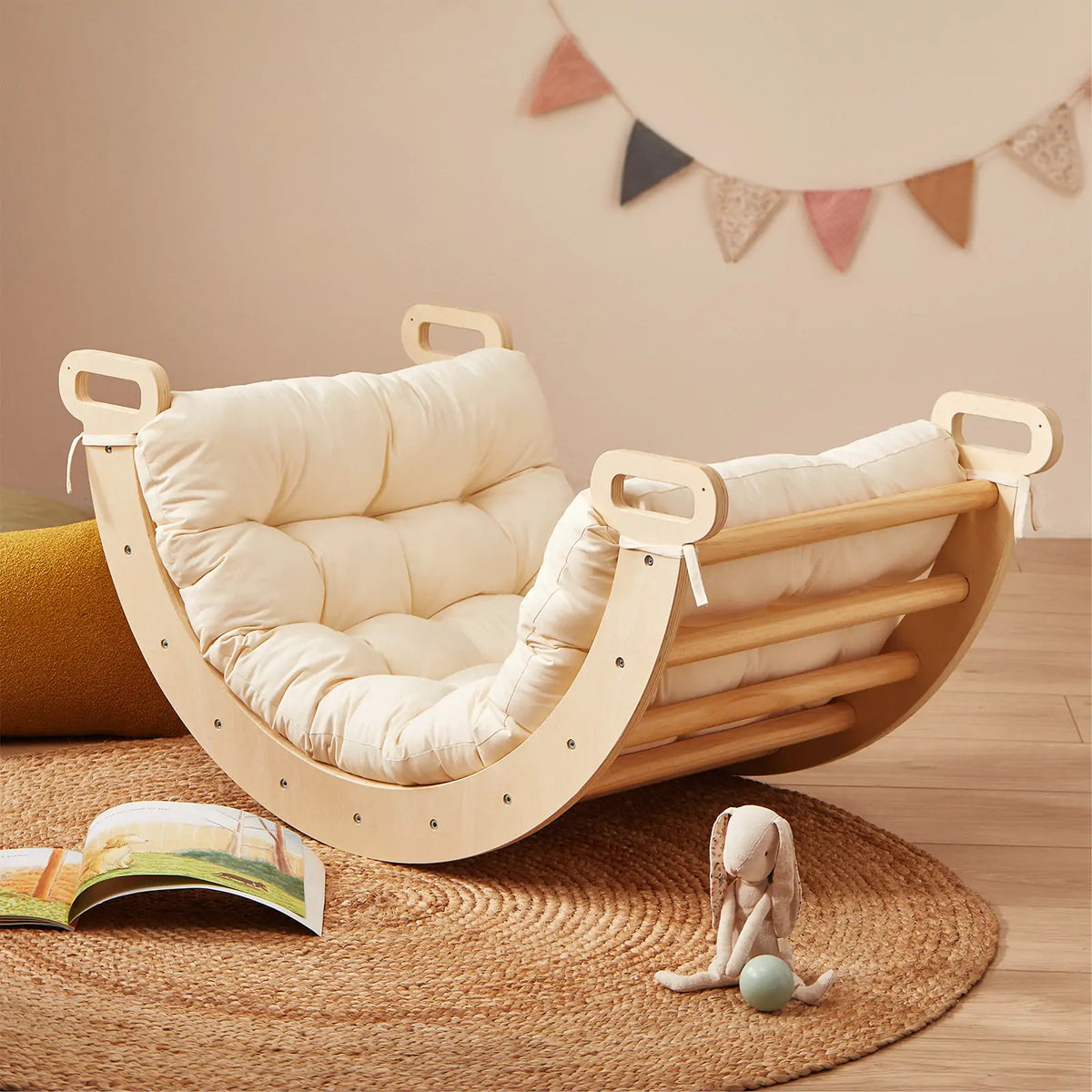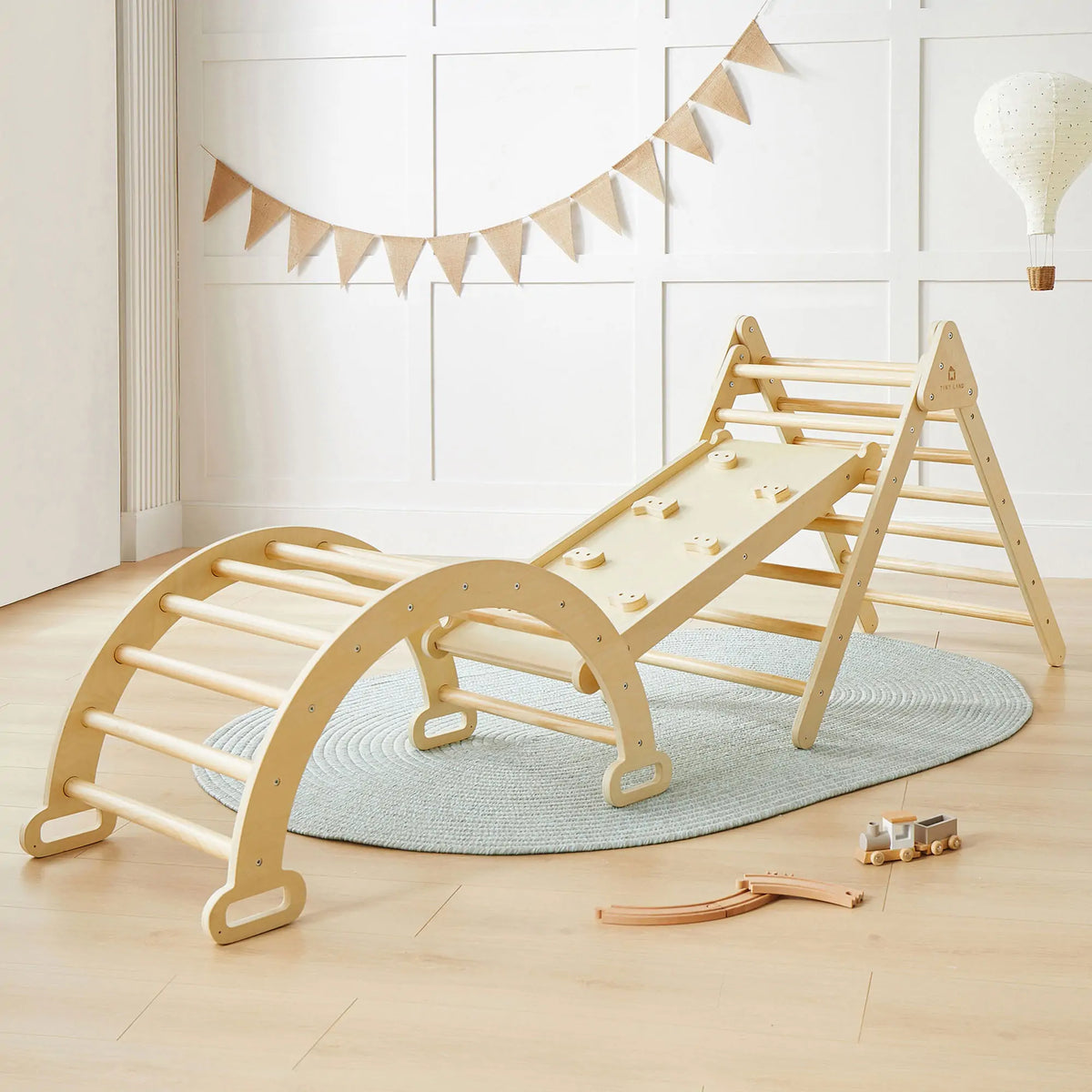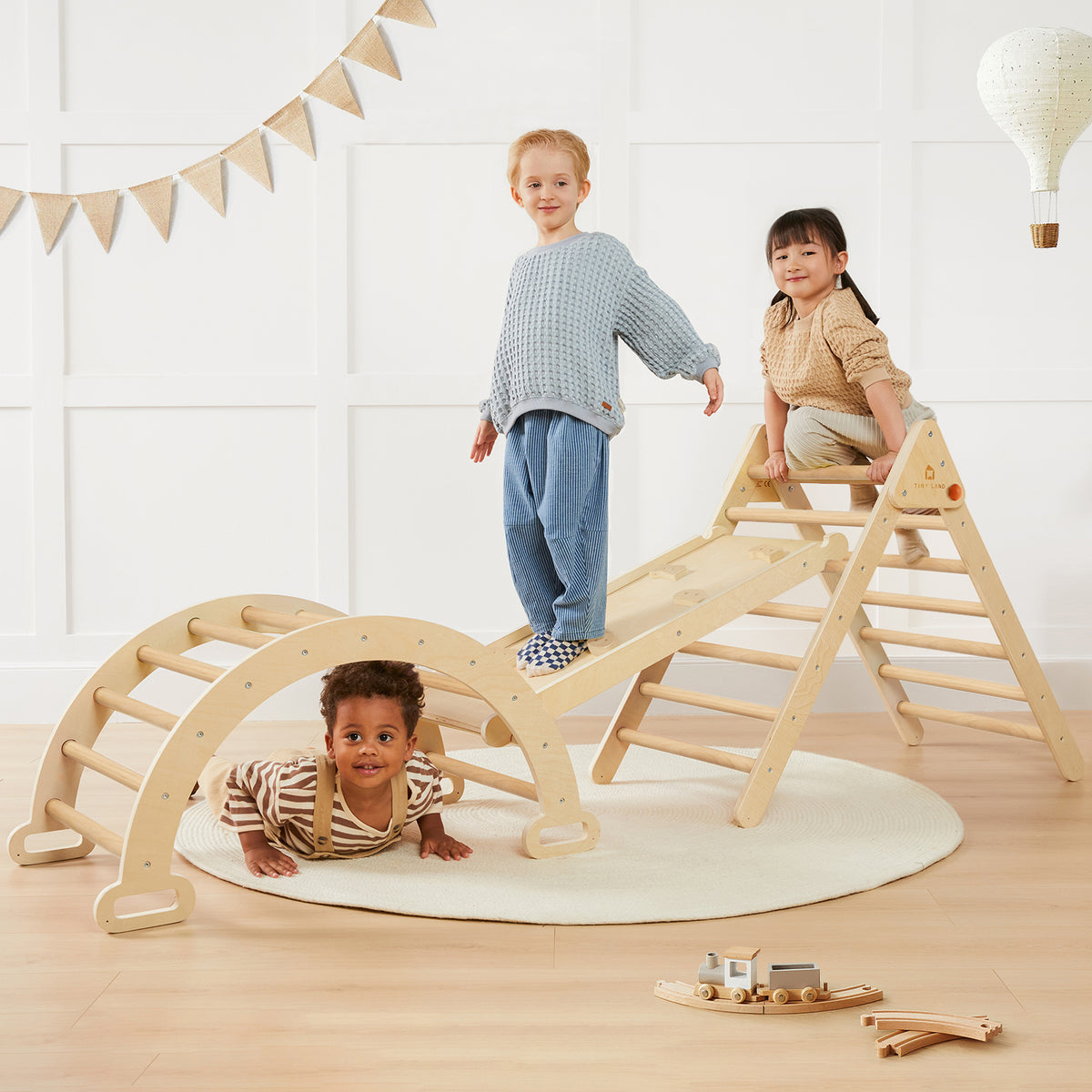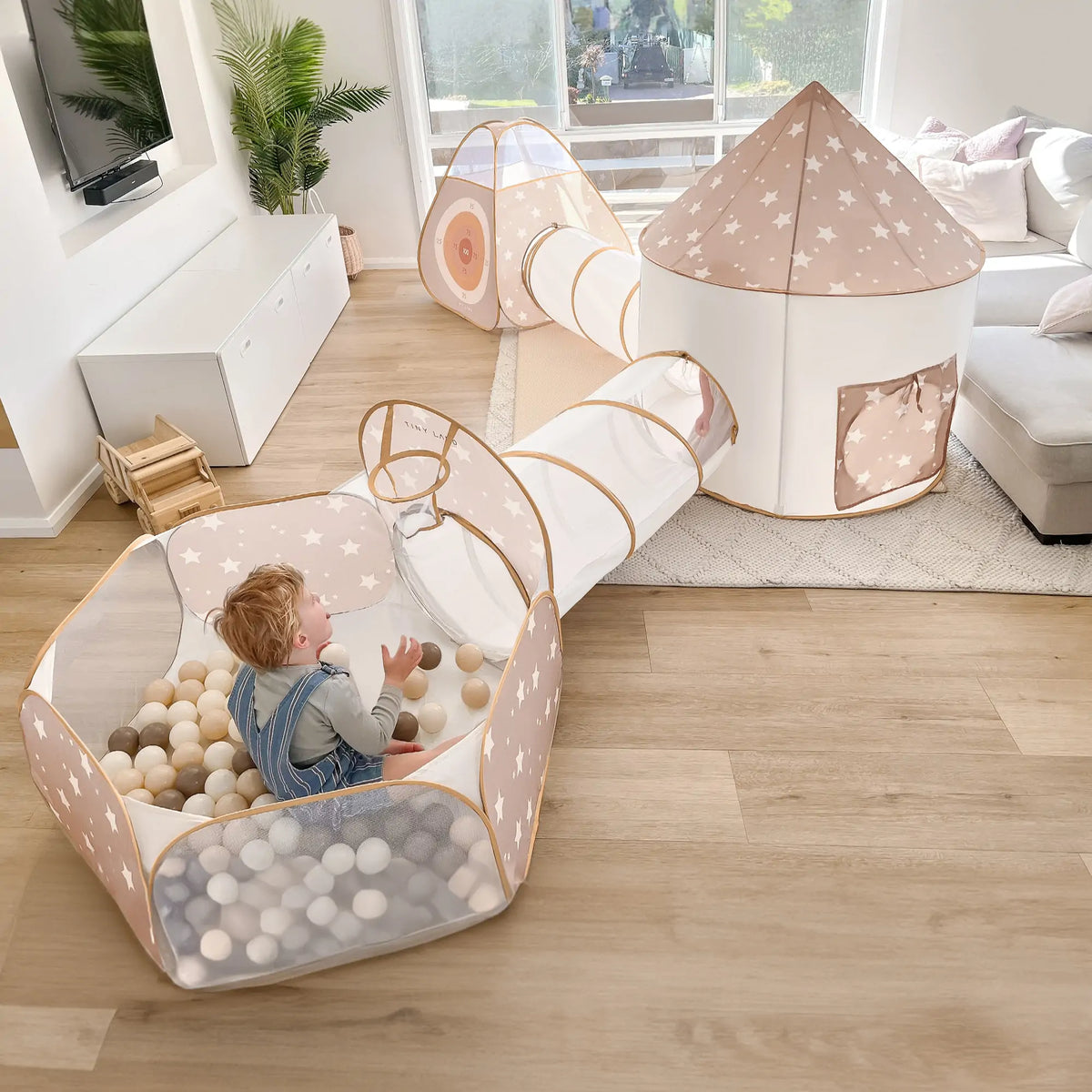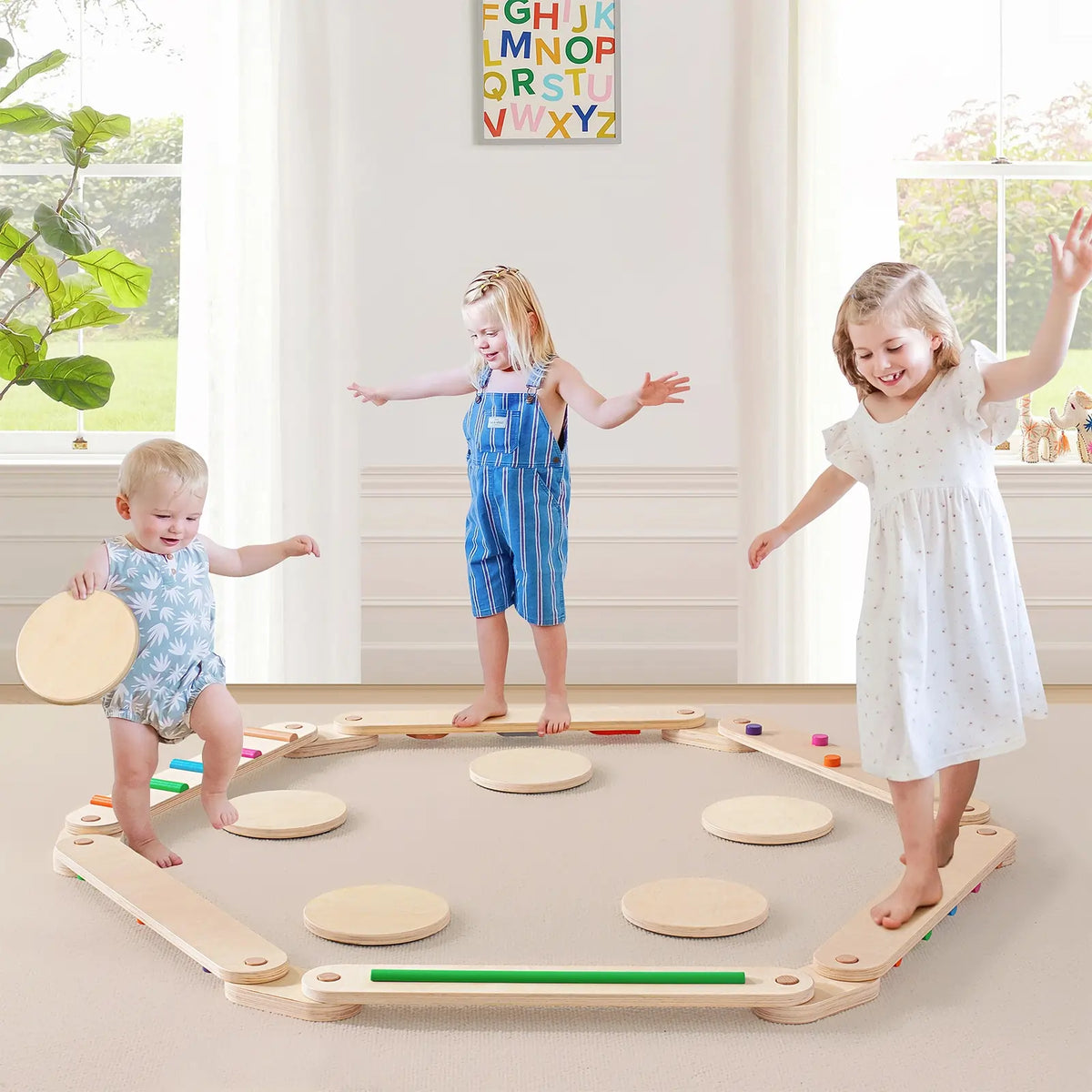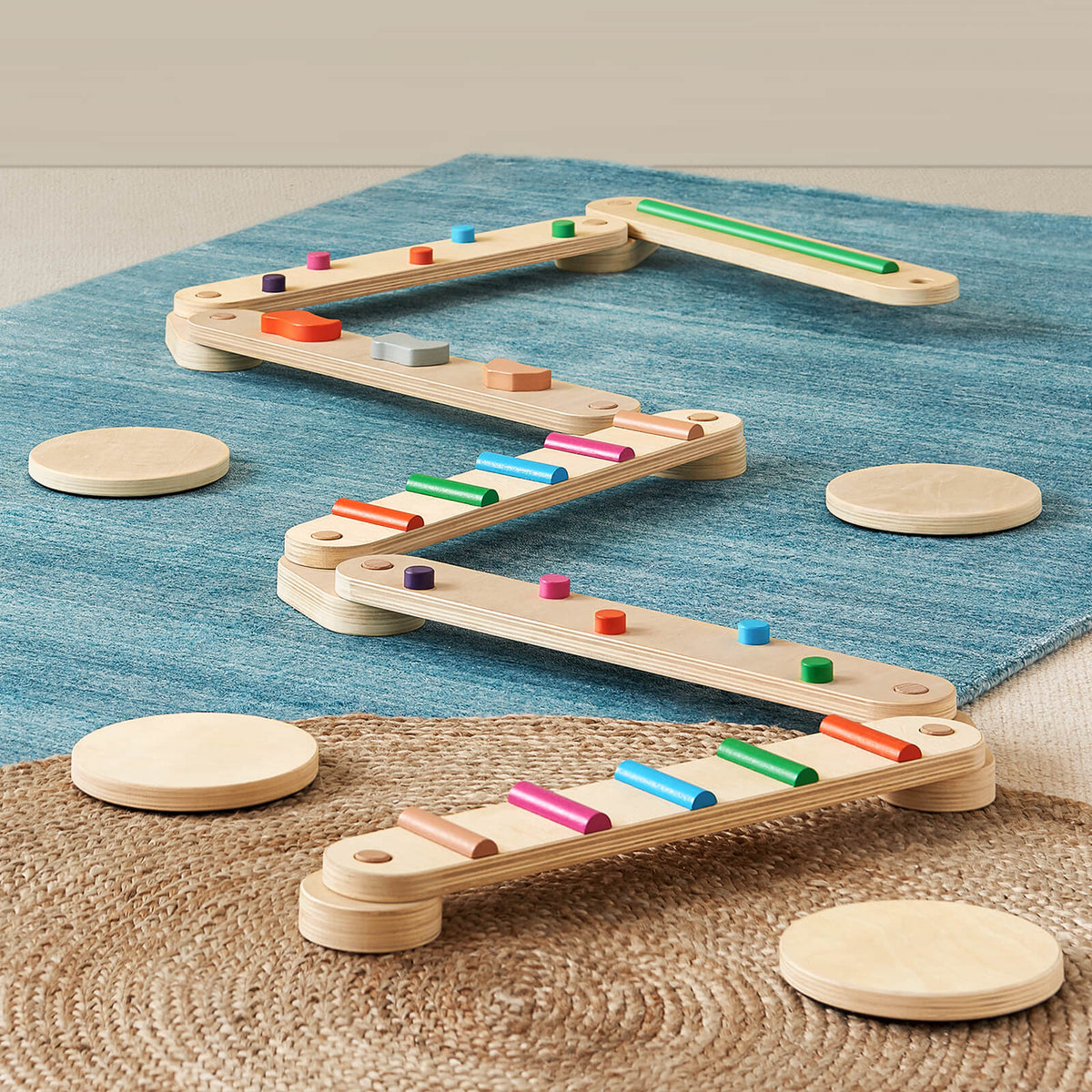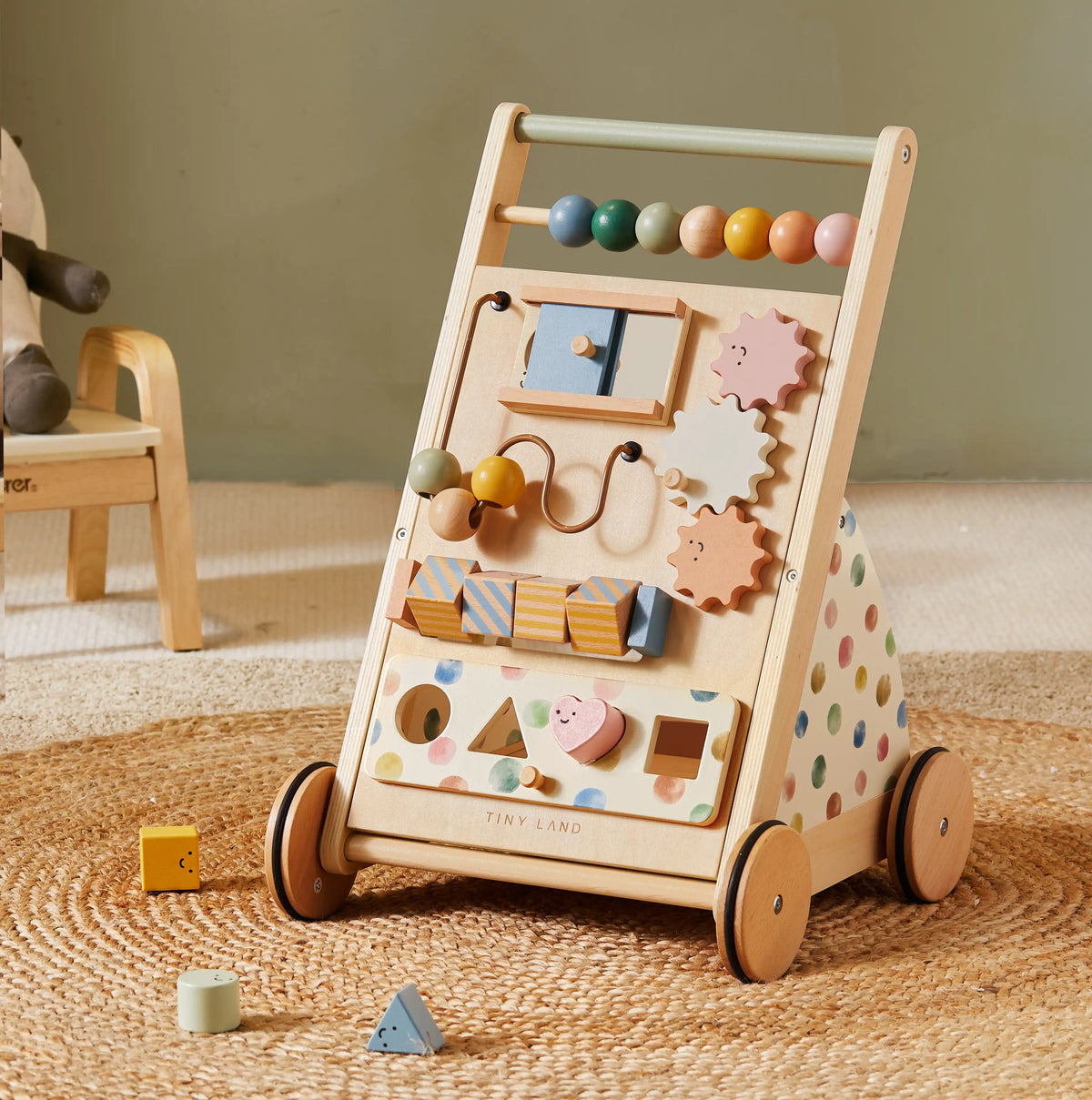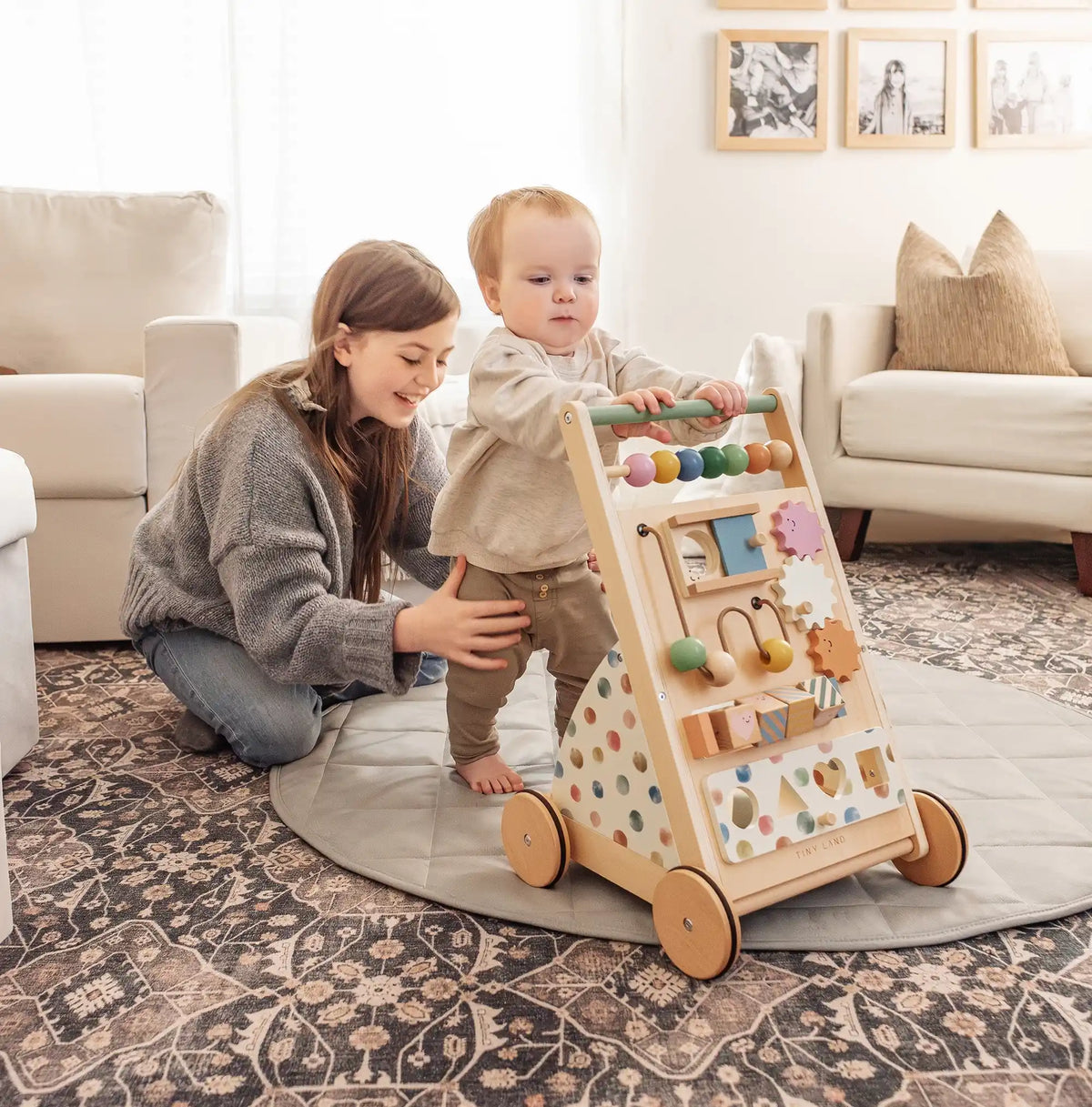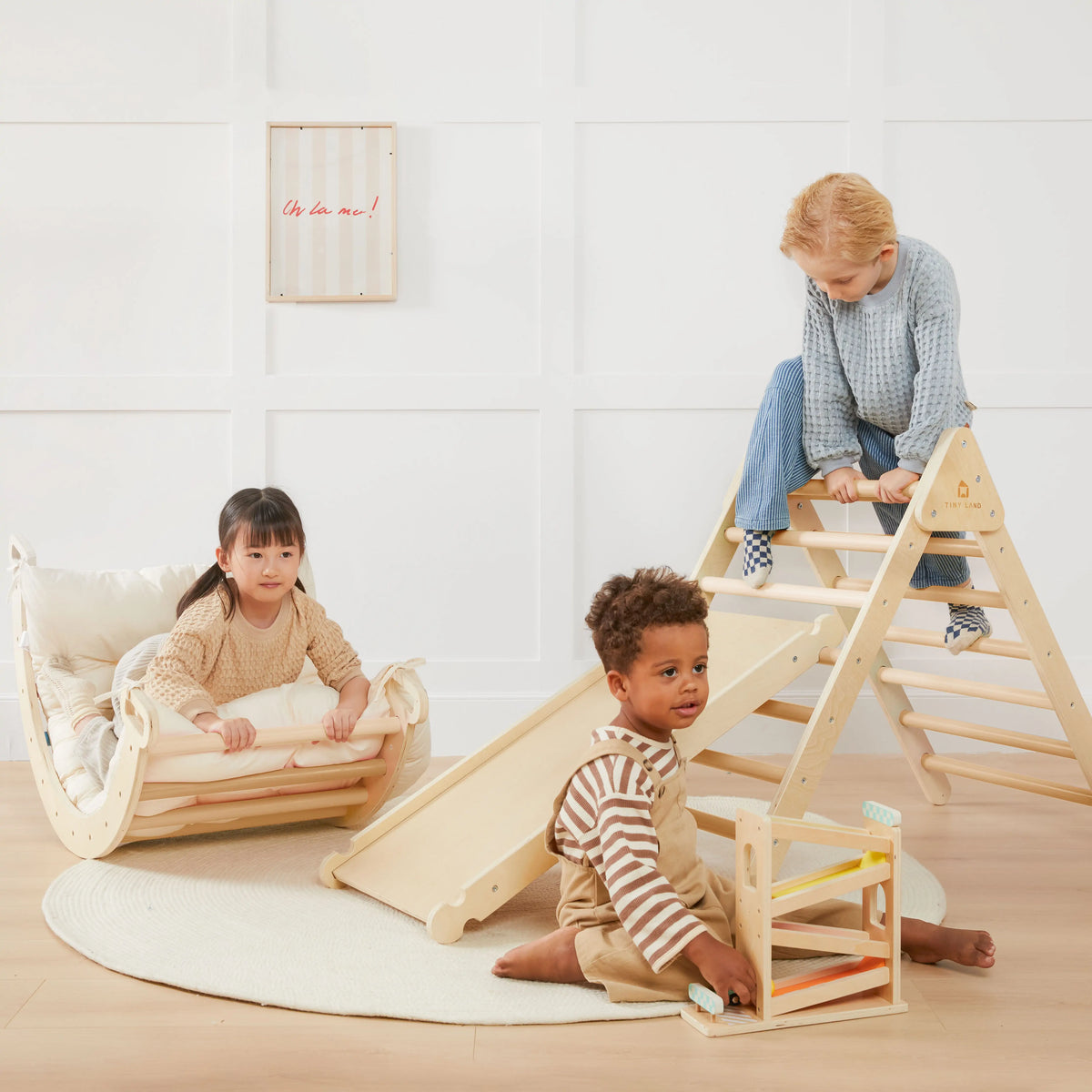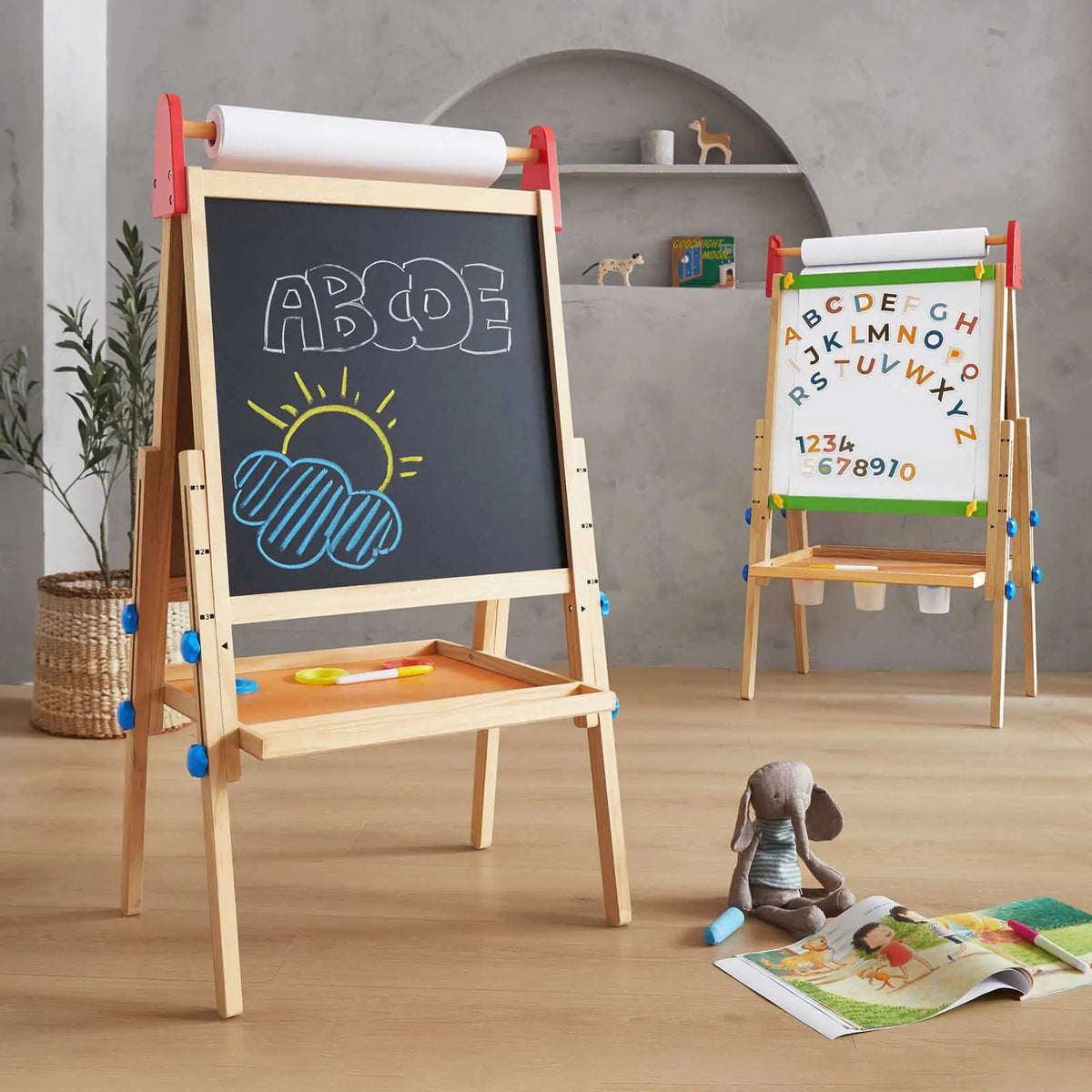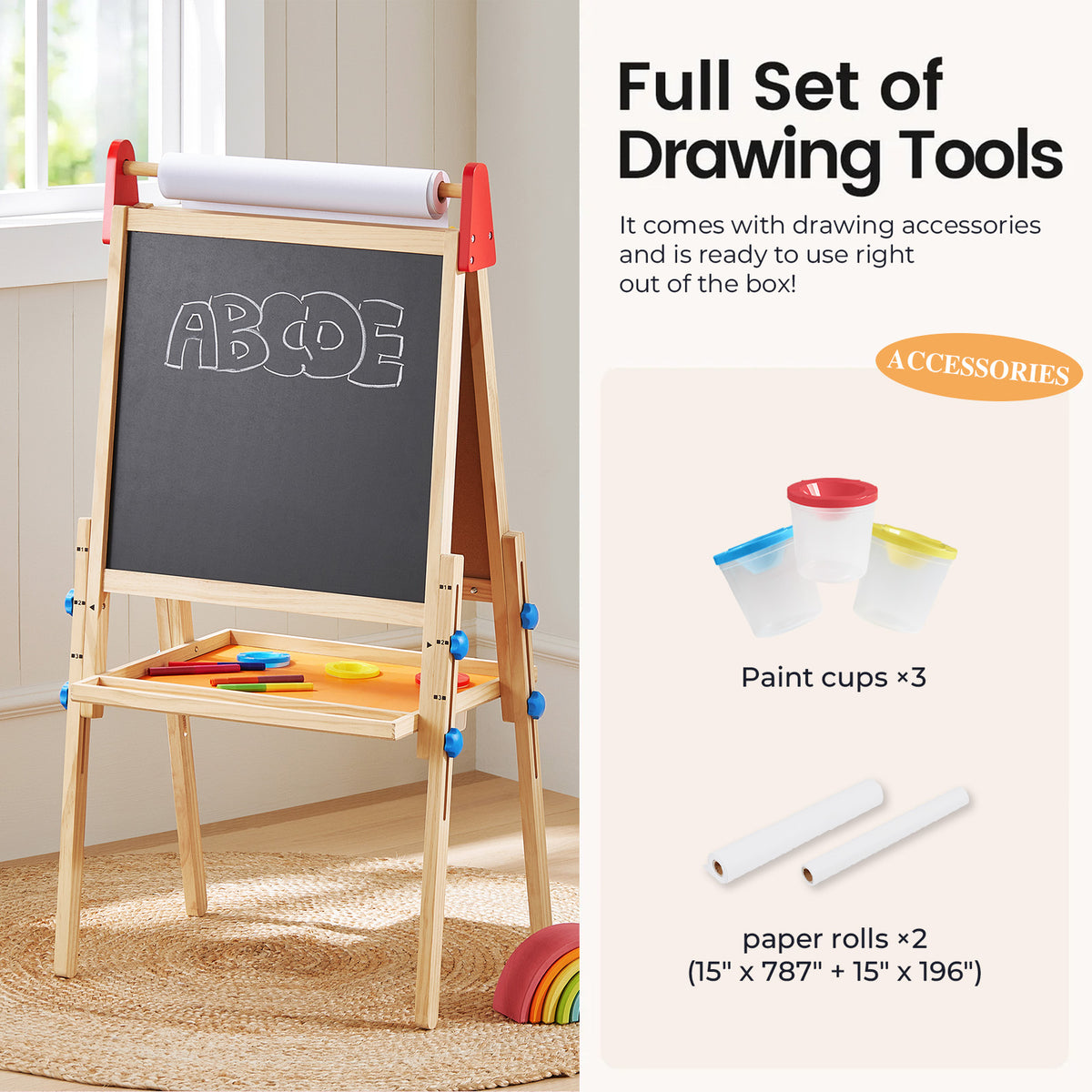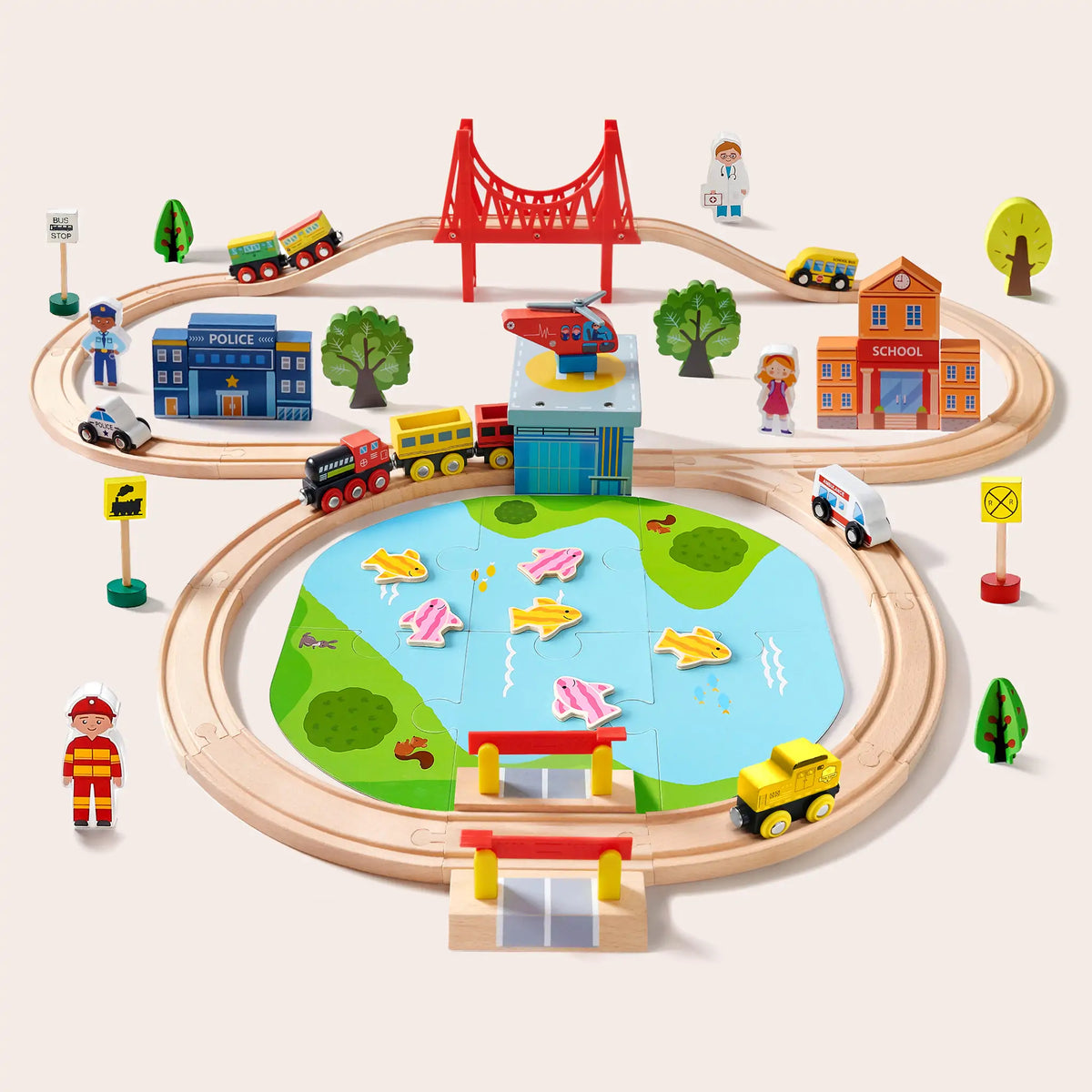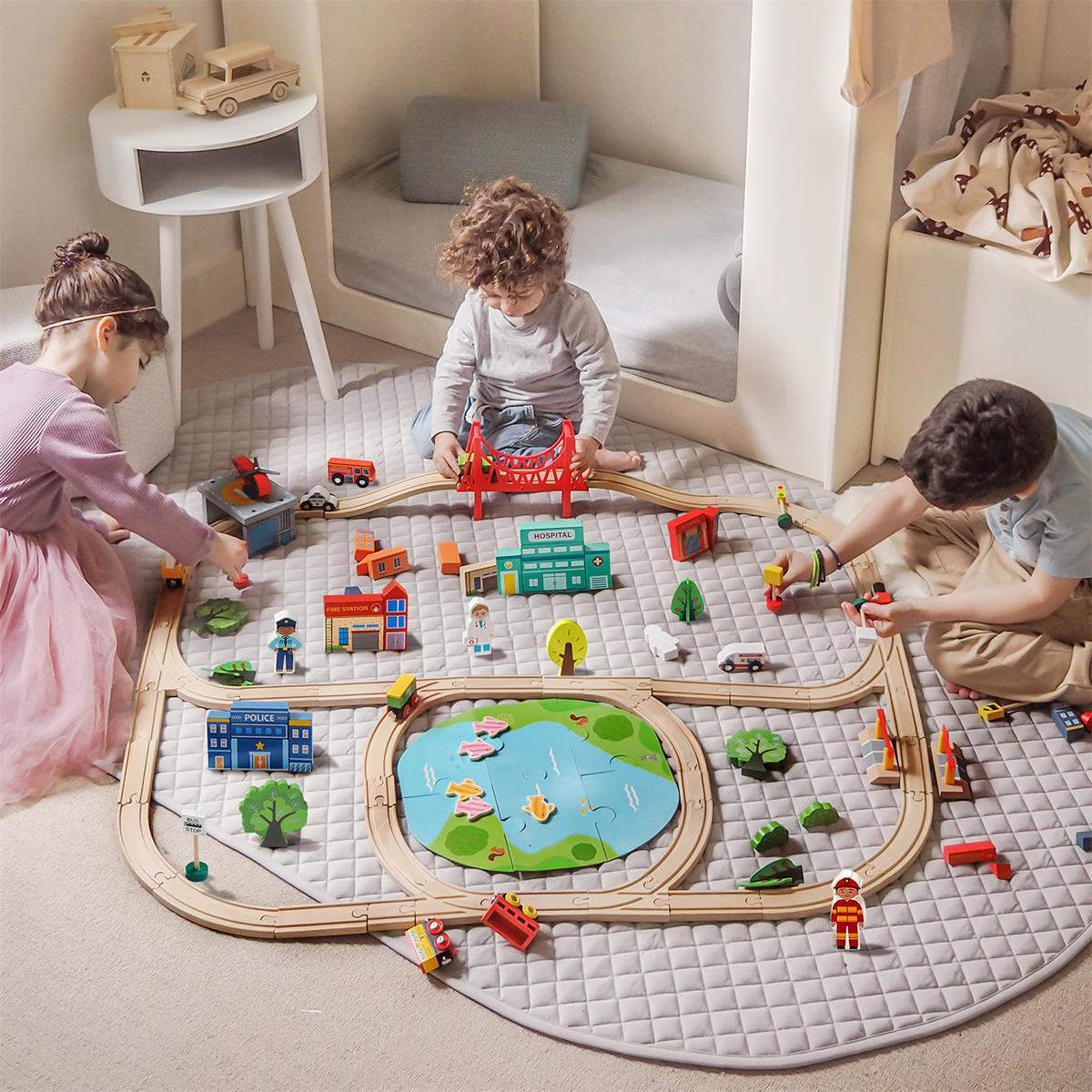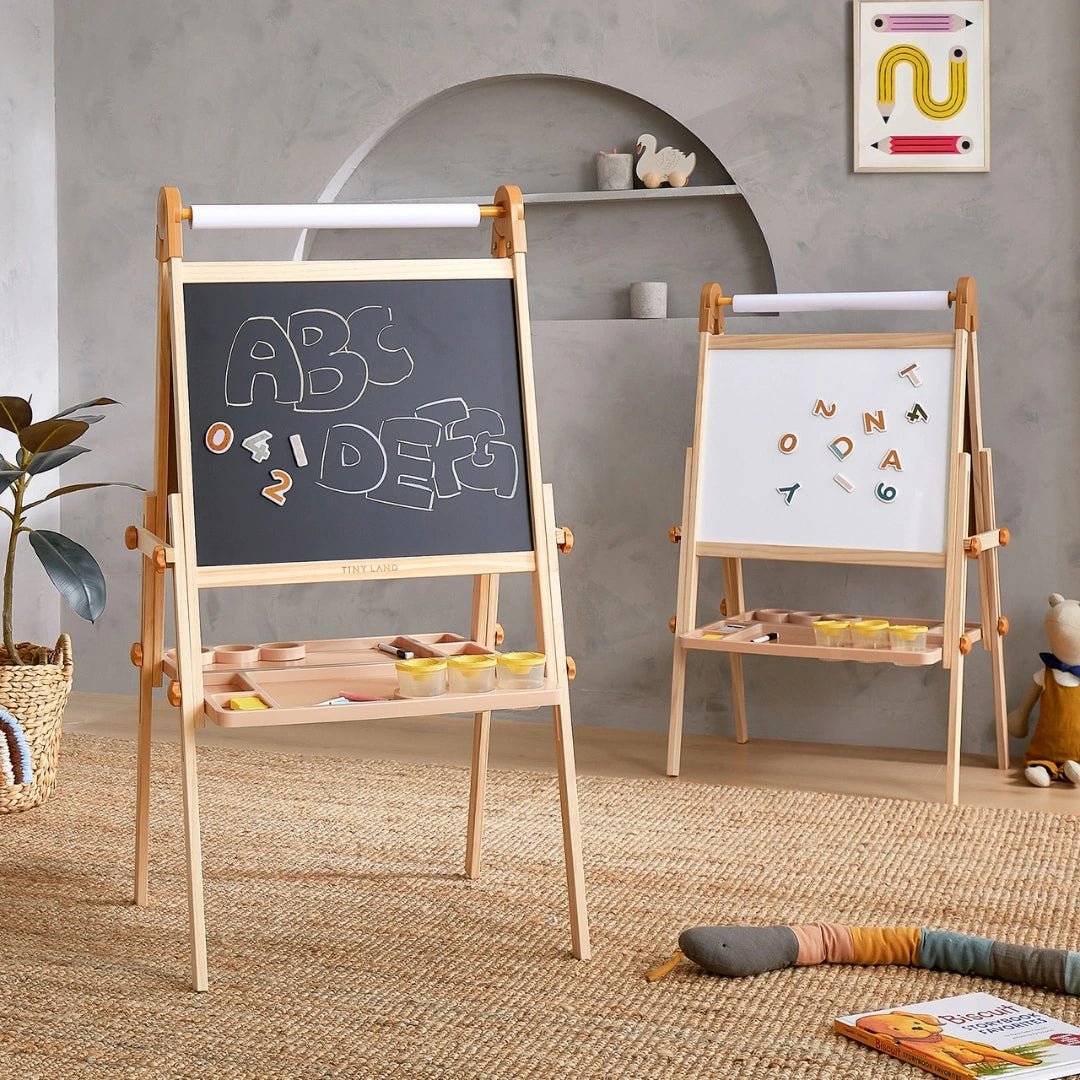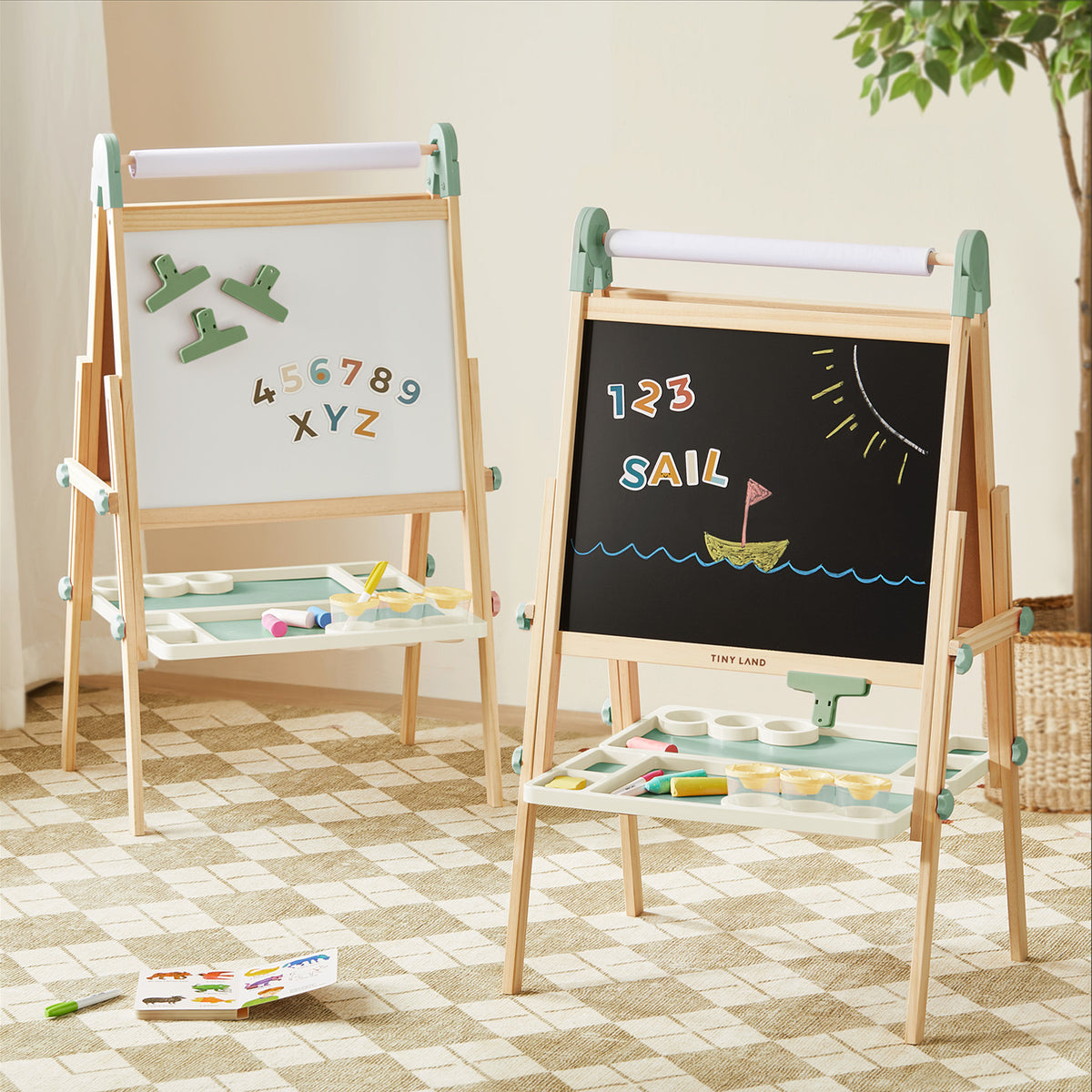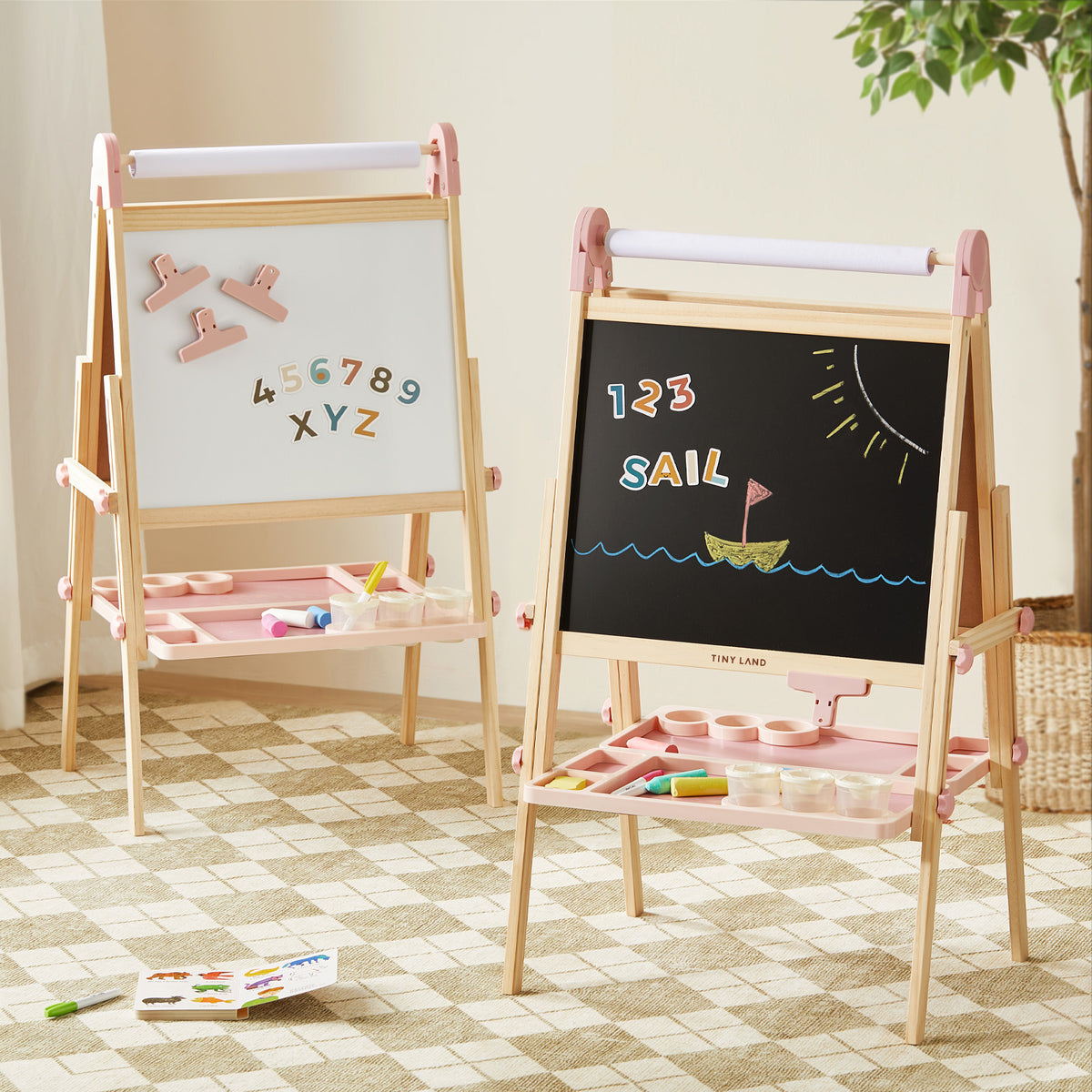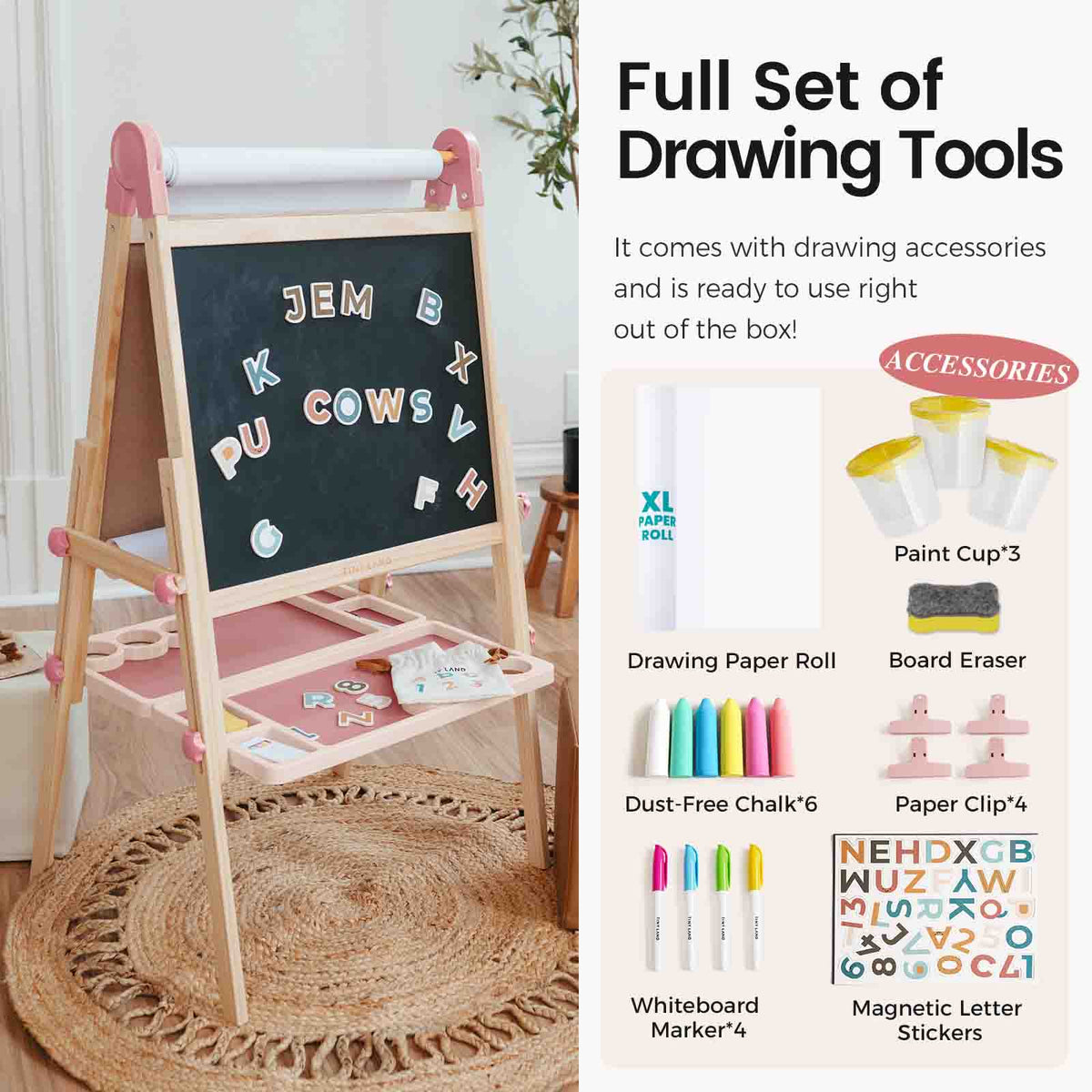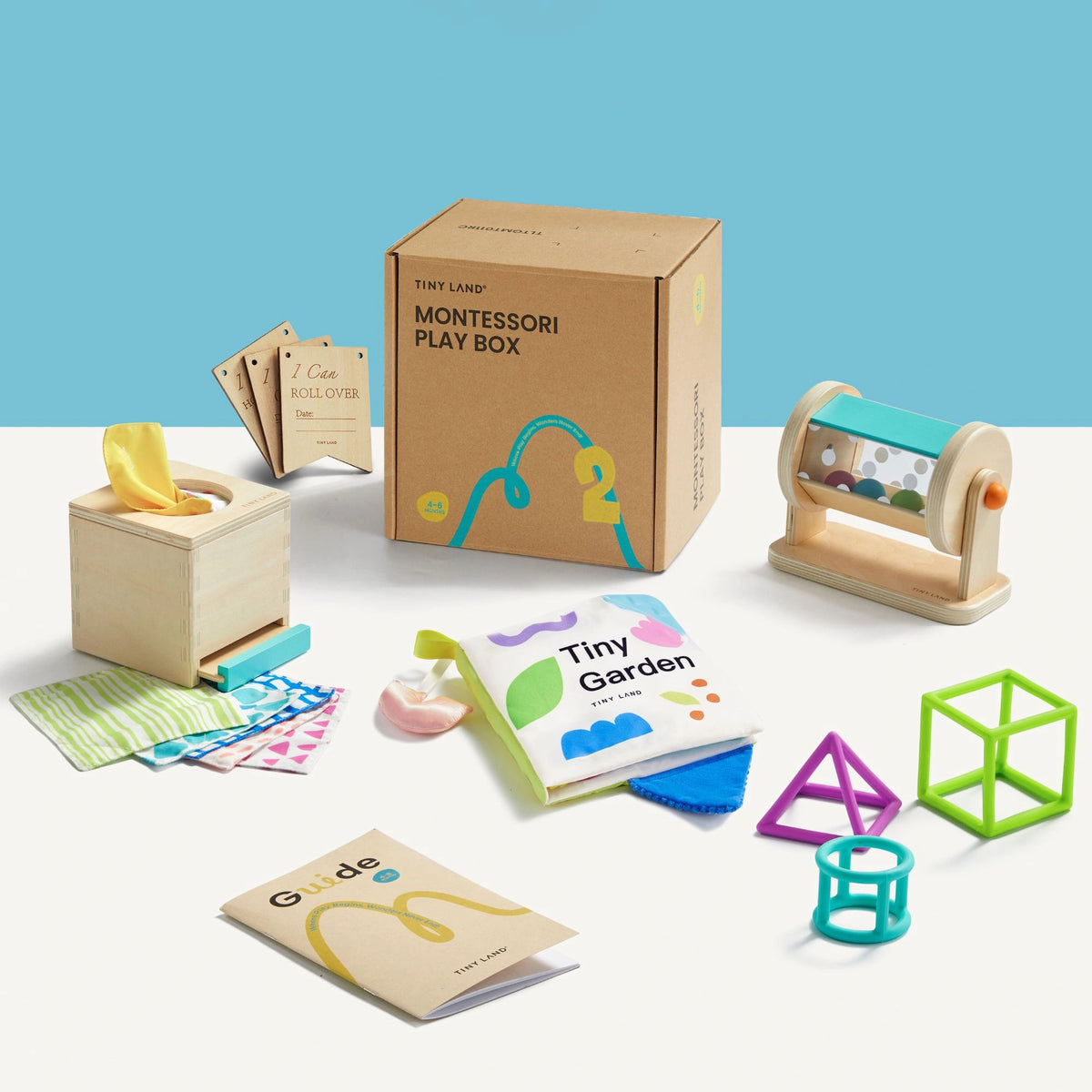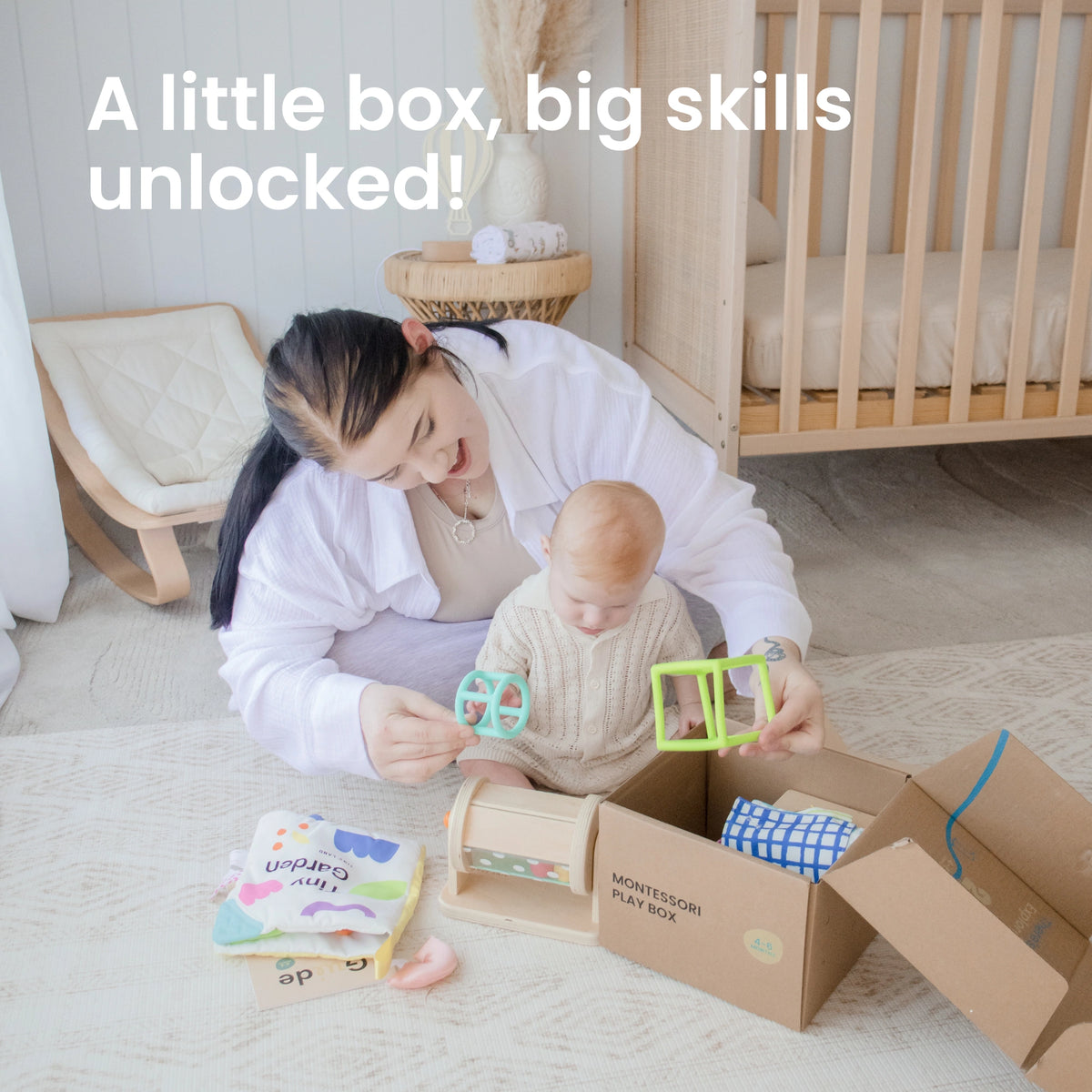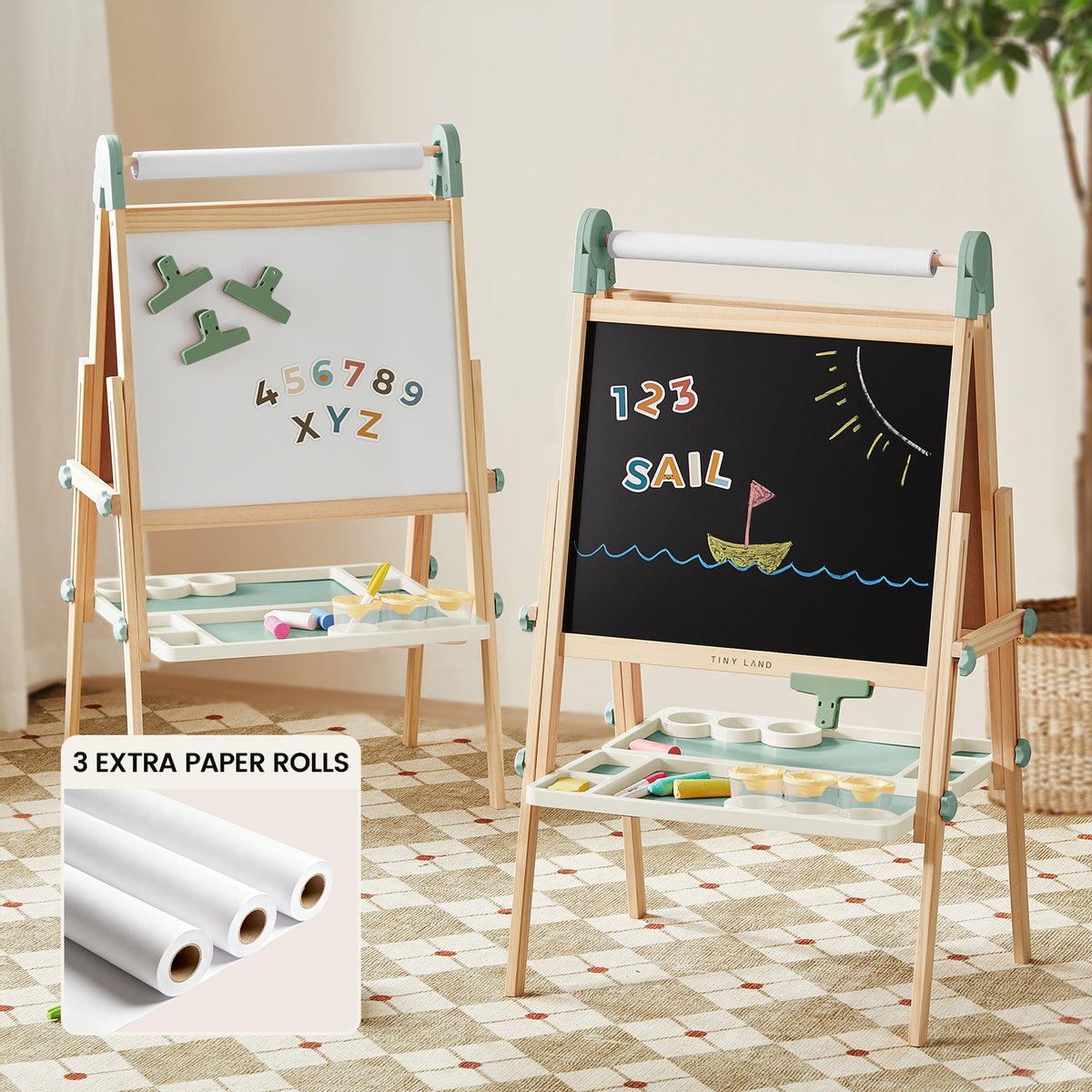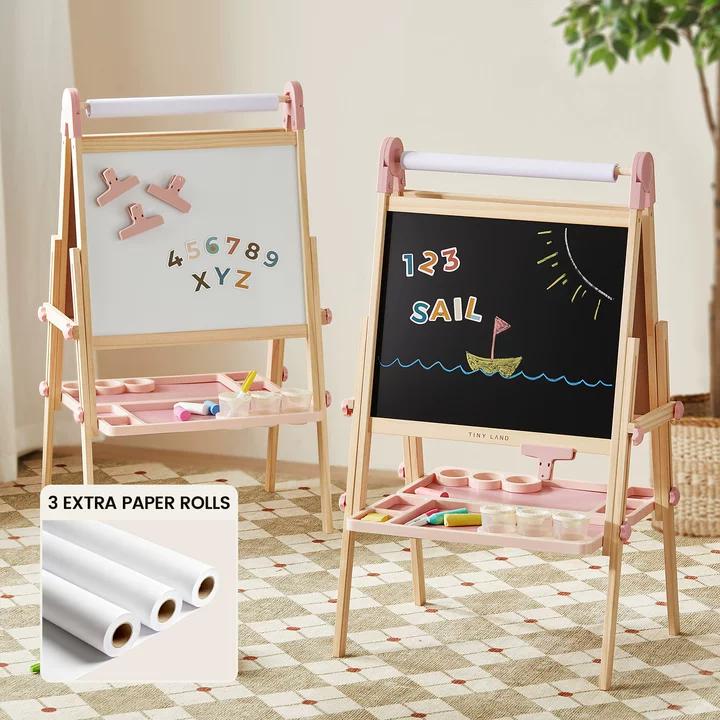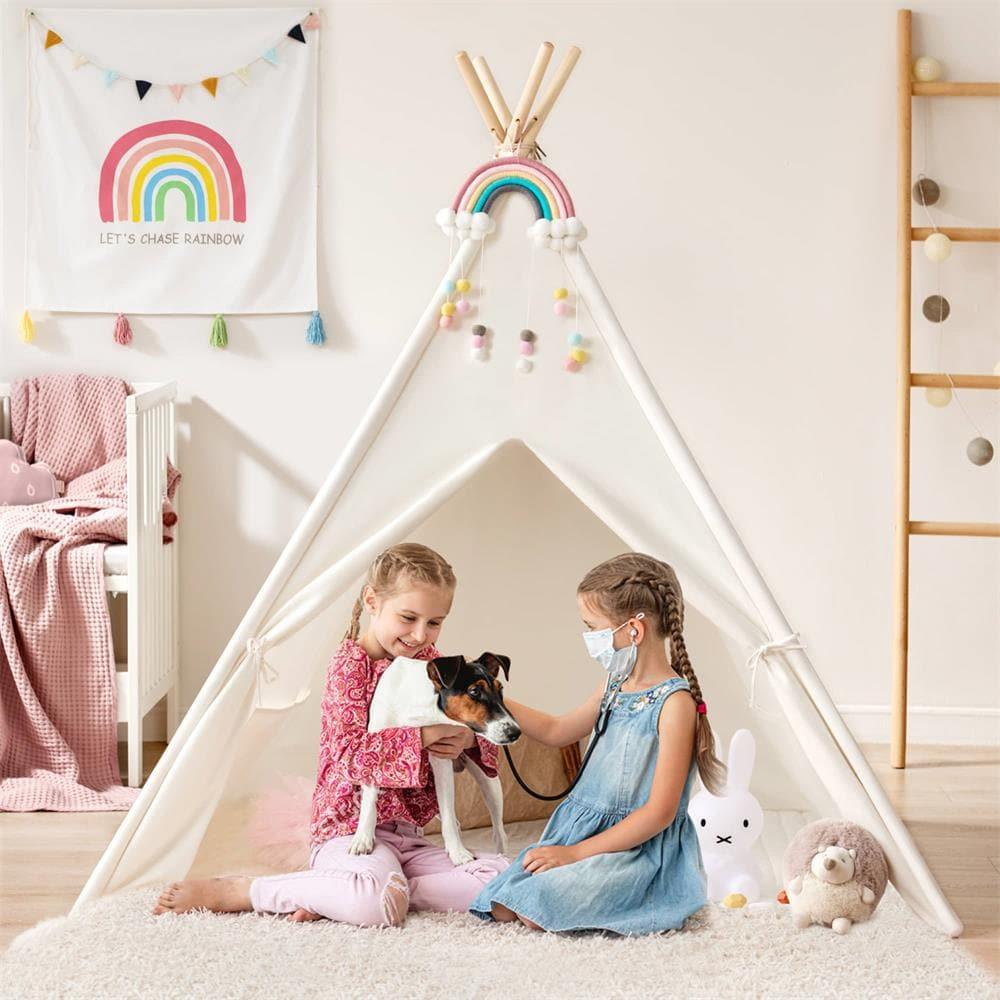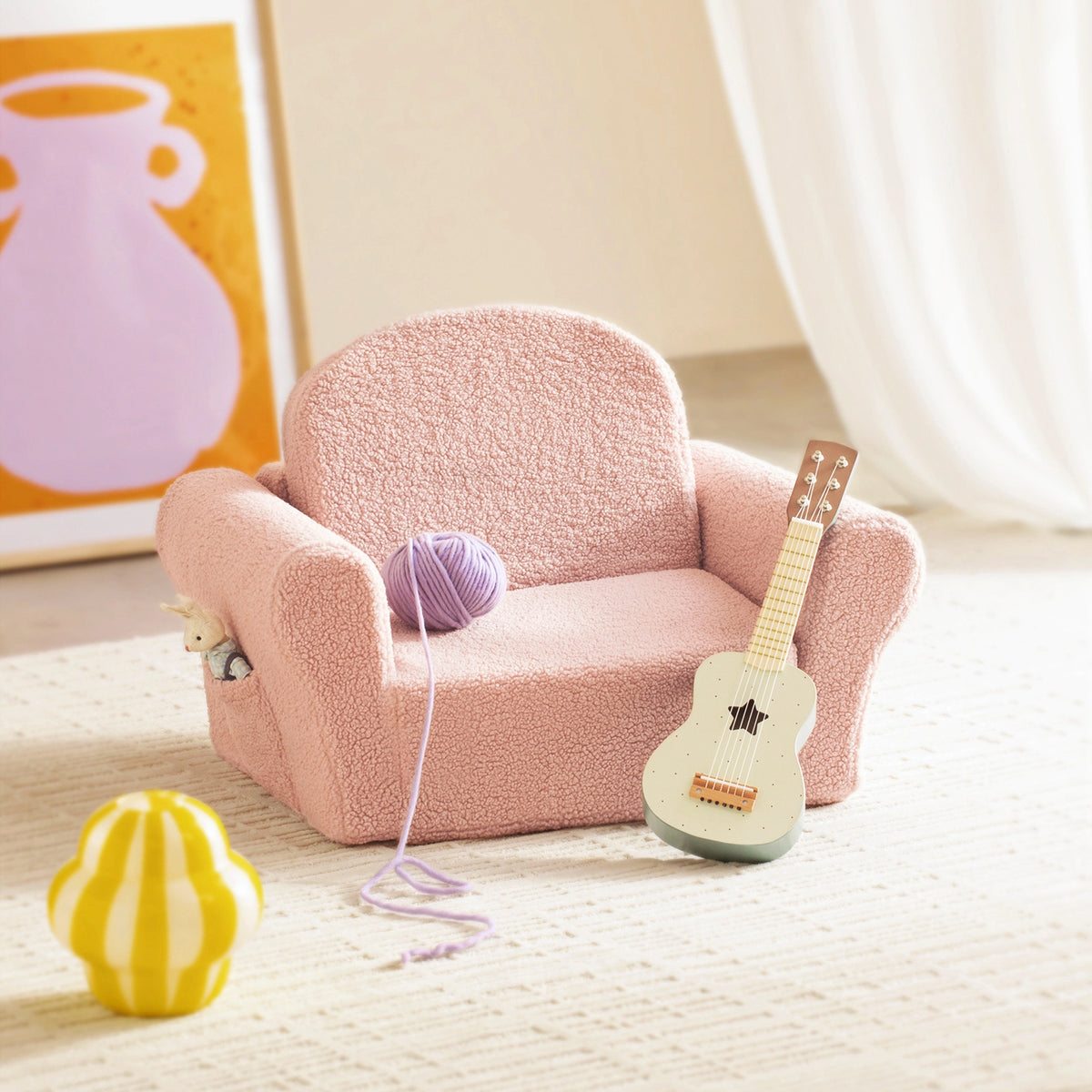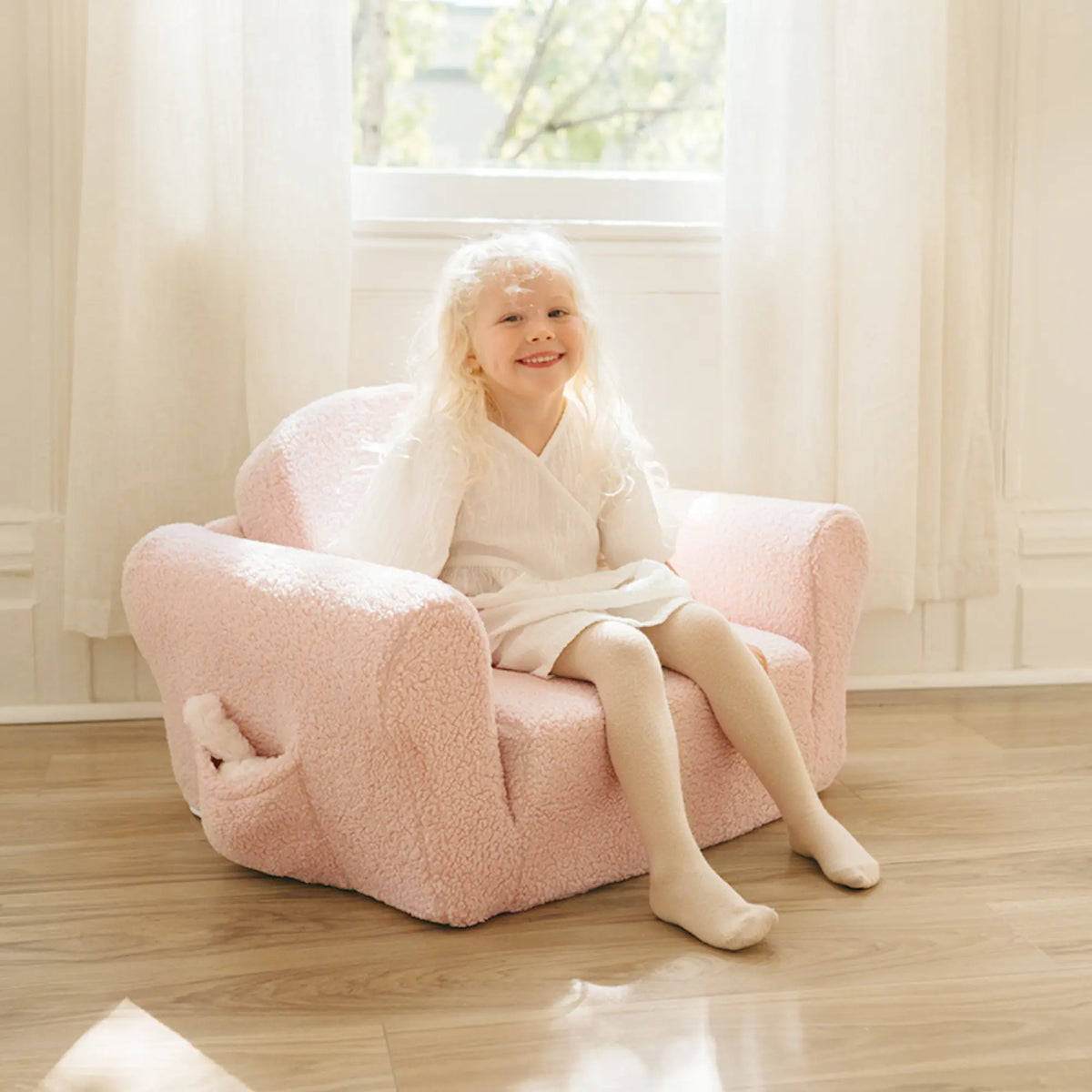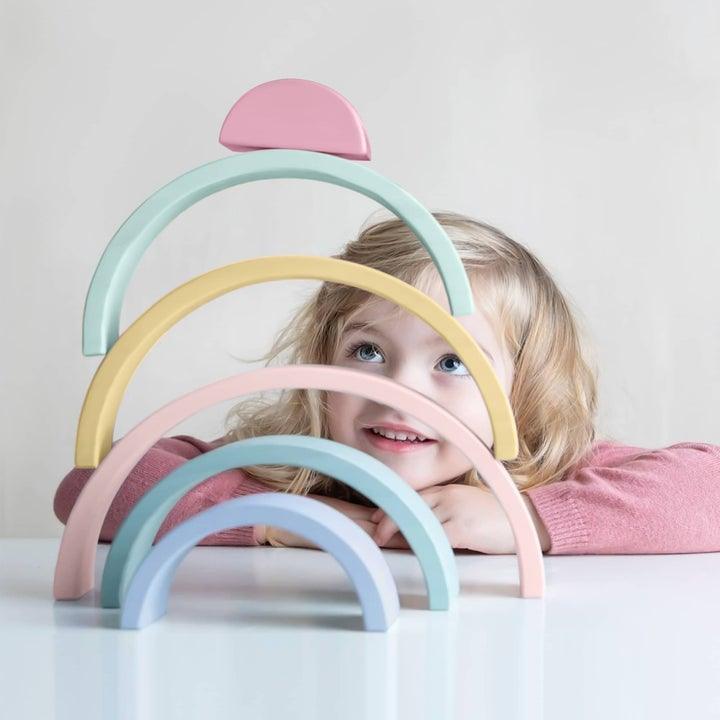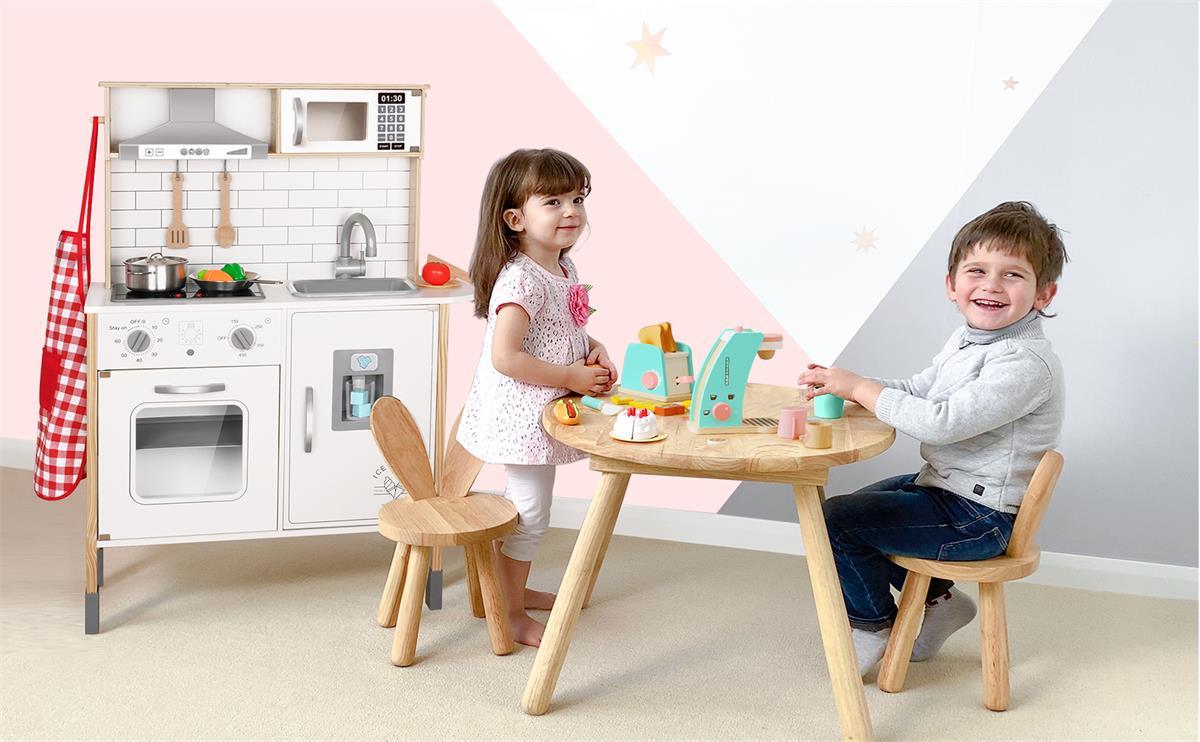Developed by Maria Montessori in the early 1900s, Montessori Education is a child-centered approach to education that focuses primarily on child-led activities. Teachers and parents aim to encourage independence and acceptance of their individuality in students of all ages.
1. Respect children;
There must be mutual respect between the child and the parent or teacher. This principle is the foundation of all Montessori practices. It can help parents embrace the uniqueness of their children, including their special needs.
By letting children learn what they want to learn at their own pace (with proper instruction, of course), they can develop a good sense of autonomy. Respecting children means giving them the freedom to make their own choices
2. Kids have absorbing minds;
The point of this principle is for children to learn by simply exploring the world in which they were born. In the Montessori method, the first 6 years of life are very important because that is the time when the child develops key things like language absorption and basic motor skills. This is when children develop a basic understanding of themselves and their world. Children are receiving information all the time, no matter how or in what form it appears.
Parents are encouraged to maximize their learning during the first 6 years. This is the time to instill fundamental principles and values in your child. As long as they get the necessary guidance, they will learn at their own pace.
3. Sensitive periods are critical for learning
Whatever you think of it, sensitive periods do not refer to the emotional/hormonal stages a teen may go through, but rather important milestones in a child's learning process. Most of these sensitive times involve a child's interest in developing specific skills or knowledge. This is the main reason why the first 6 years are so important: the most important learning milestones happen in the first few years.
According to Montessori theory, children experience five categories of milestones during these 6 years: order, language, sensory skills, motor, and social skills. How long these periods last really depends on the child and how long they choose to spend developing the area. Sensitive periods are often characterized by imitative, highly focused or repetitive, or compulsive behavior.
- The Order stage: develop reasoning skills, organizational skills, and the ability to understand the environment
- The Language stage: Sensitivity to spoken, written language and reading development
- The Sensory Skills stage: Mainly fascinated by touch, taste, sight, and smell
- The Movement stage: develop their muscles and hand-eye coordination
- The Social Skills stage: start learning that they are part of a group
4. Children learn best in prepared environments;
The Montessori classroom is an environment designed to maximize learning. It is set up in a way that encourages children to engage in the activities and materials of their choice. It gives them the freedom to do things at their own pace. Teachers are organized in an orderly and independent manner.
If you want to really encourage Montessori learning at home and in the classroom, decorate your child's bedroom in a similar but comfortable way. Recreational toy blocks and buildable toys are available. Let your child move around easily and do a lot for your child. If they are easily accessible, they will optimize space and materials.
5. Kids can teach themselves through self-education;
self-education is the concept that children know how to educate themselves and learn independently. This is easily one of the most important beliefs/principles in the Montessori method. Montessori teachers have a responsibility to create an environment where their students can easily do this. They must also provide inspiration, guidance and encourage students to educate themselves with confidence.
Recognizing this ability in children can sometimes be difficult, but it is necessary and healthy to do so. Children's work and play go hand in hand and should be highly encouraged as they are some of the most fundamental aspects of their development.





